2020-21 Events
After the Corona pandemic made in-person events impossible, we started our new virtual event series CGES Online in April 2020. Most CGES Online events were recorded. If available, you will find a link to the recording on the individual event's page, simply click on the event title you are interested in. Find a list of links to all recorded webinars on CGES Online's Echo360 website.
CGES Online events are being continued throughout the 2021-22 season.
Spring 2021
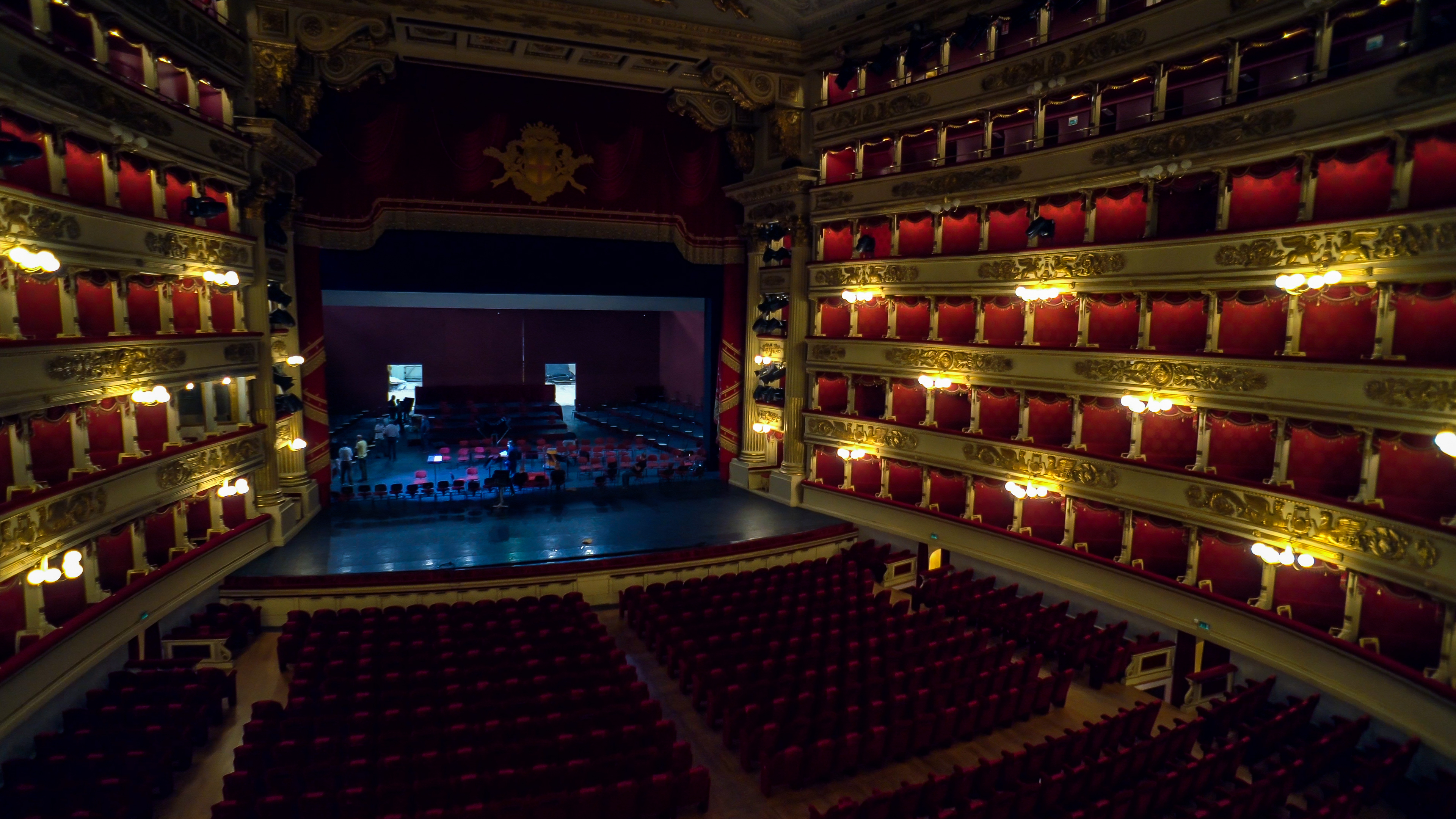
Photo Credit: Shutterstock
April 27, 2021
Theaters and opera houses are closed almost everywhere, and a year into the pandemic, cultural institutions are still without clear prospects for reopening. While some small theater productions have been able to move forward with socially distanced, masked audiences indoors or outdoor, such alternatives are no option for opera companies which require a large ensemble and live orchestra - a combination that is expensive under normal circumstances and unthinkable with a half-empty venue.
What can be done? How are opera houses, musicians, and singers coping? What support are they receiving? What paths forward are being discussed?

Photo Credit: Kulturprojekte Berlin und Stiftung Stadtmuseum Berlin
April 26, 2021
The webinar traces the effects of racism by reflecting on the speaker's personal experiences of racism in Germany and the US, which led to the production of Schwarz Rot Gold ("Black Red Gold").
A brief introduction to academic research on the effects of racism on educational opportunities and health will highlight the importance of media representation of Black people in Germany and the US, while discussing the differences between the two countries on the subject. The webinar will give an insight into grassroots activism for People of Color and White people and look at different projects like Schwarz Rot Gold, Black Lives Matter, Critical Whiteness initiatives as well as ways to decolonize institutions.

Photo Credit: Shutterstock
April 23, 2021
Deplatforming, or the removal of access to social media and other (online) platforms, has recently been on the rise, gaining attention as an antidote to the so-called toxicity of online communities and the spread of extreme speech.
The talk follows a series of extreme internet celebrities as they migrate to alt tech, particularly Telegram, after their accounts were suspended on mainstream social media platforms. It looks into their activity, speech and fan base or following, inquiring into the effectiveness of deplatforming, asking in particular who benefits. Are social media platforms, alt tech, the extreme internet celebrities, the internet and/or society at large the better for it?
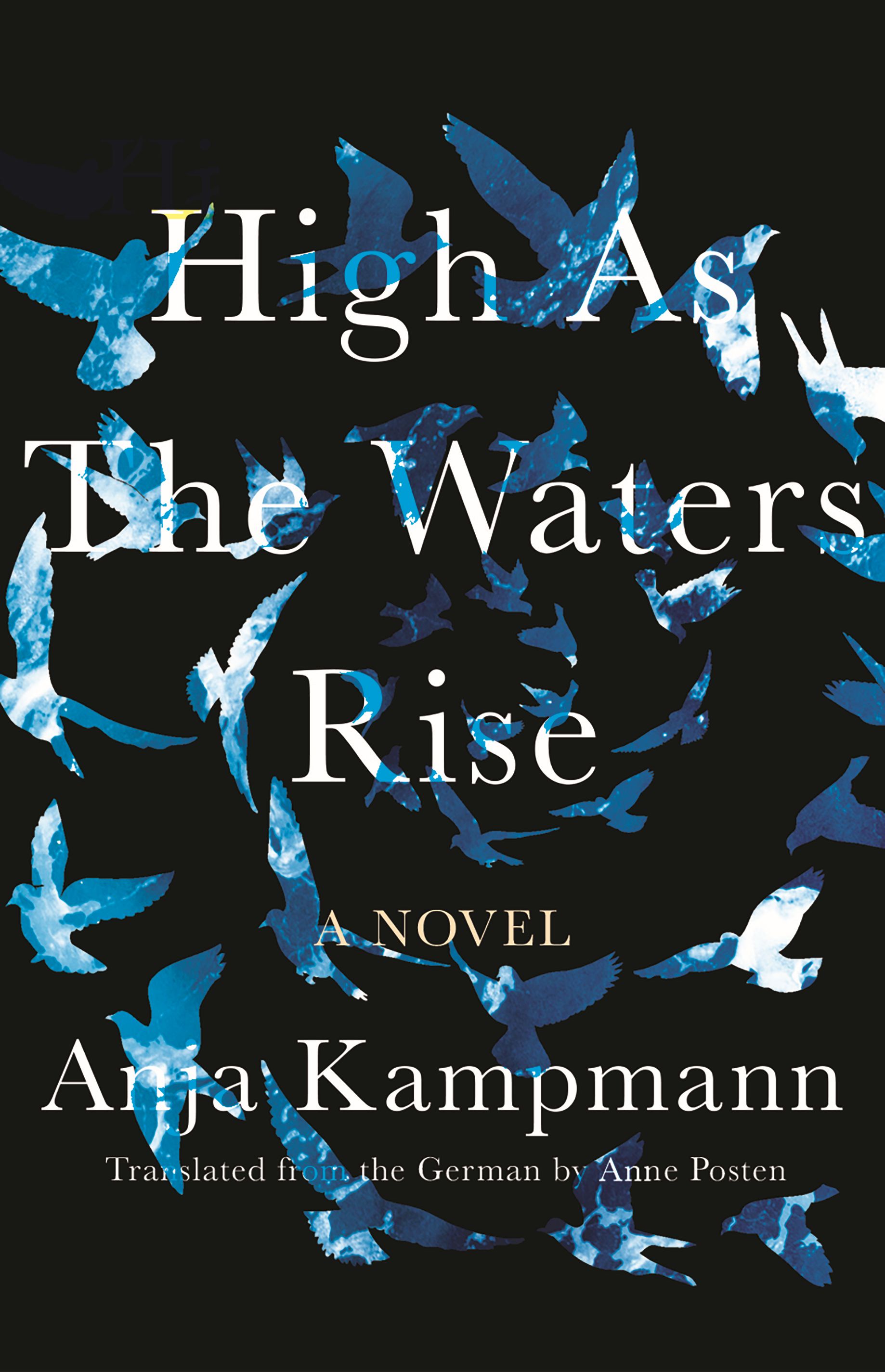
Photo Credit: Catapult
April 22, 2021
In honor of Earth Day, we hosted a conversation about climate fiction (or "cli-fi"), literature that deals with climate change and global warming. Not necessarily speculative in nature, works may take place in the world as we know it or in the near future. Climate fiction has found its way into syllabi of university courses, and environmental fiction writers have become an important part of the climate action movement.
German author Anja Kampmann, whose cli-fi title High as the Waters Rise (original German title "Wie hoch die Wasser steigen") was a finalist for the National Book Award meets Amy Brady, who writes about arts, culture, and the environment. They discuss the genre of climate fiction and the role it plays among other environmental publications.
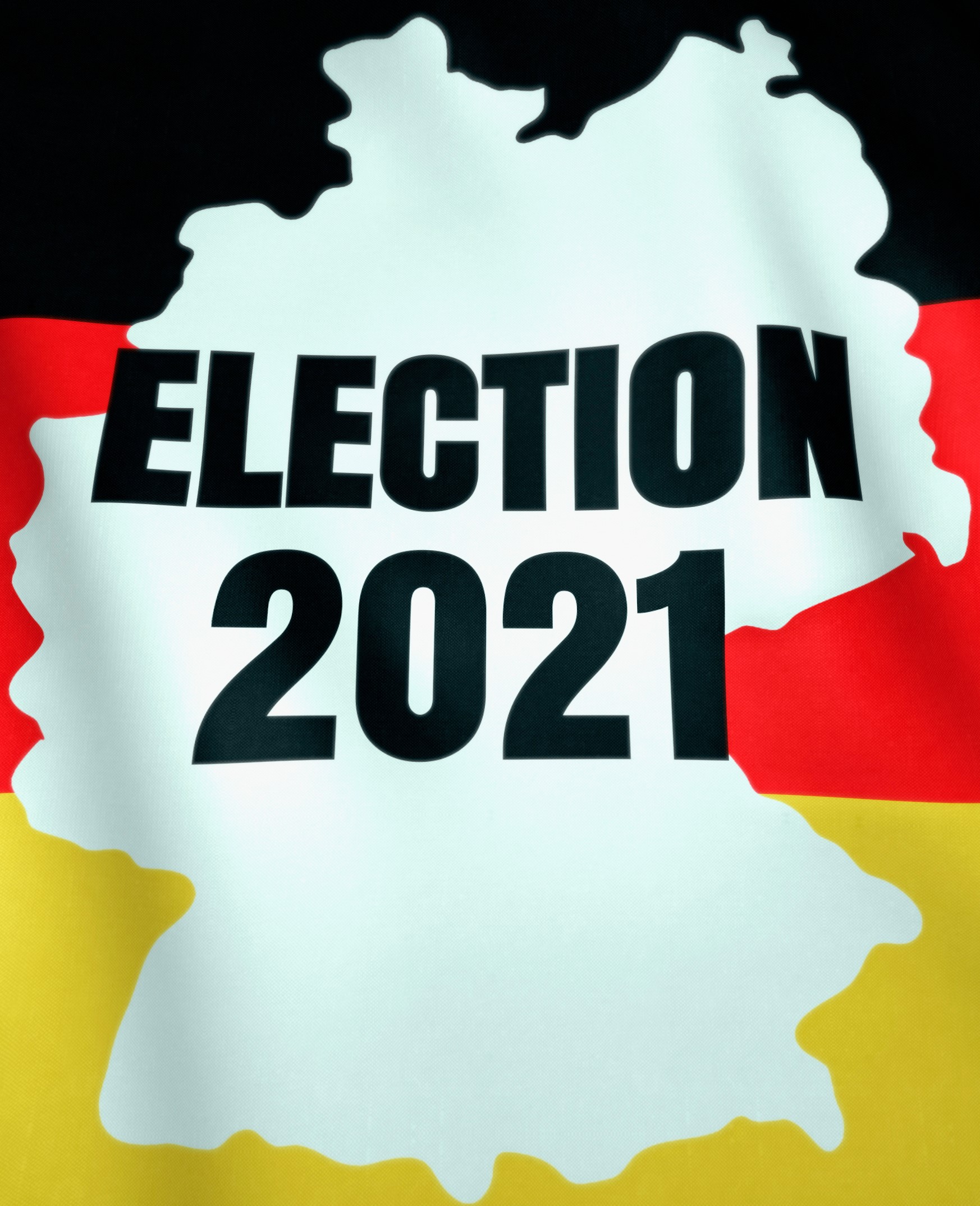
Photo Credit: Shutterstock
April 12, 2021
A string of regional votes in several Länder and the federal election in September will bring a (planned) end to Angela Merkel's 16-year reign as German chancellor and the Grand Coalition. We preview the election season and what the vote might bring for Europe's biggest economy, its role on the path towards carbon neutrality and the prospects for transatlantic relations for a green agenda.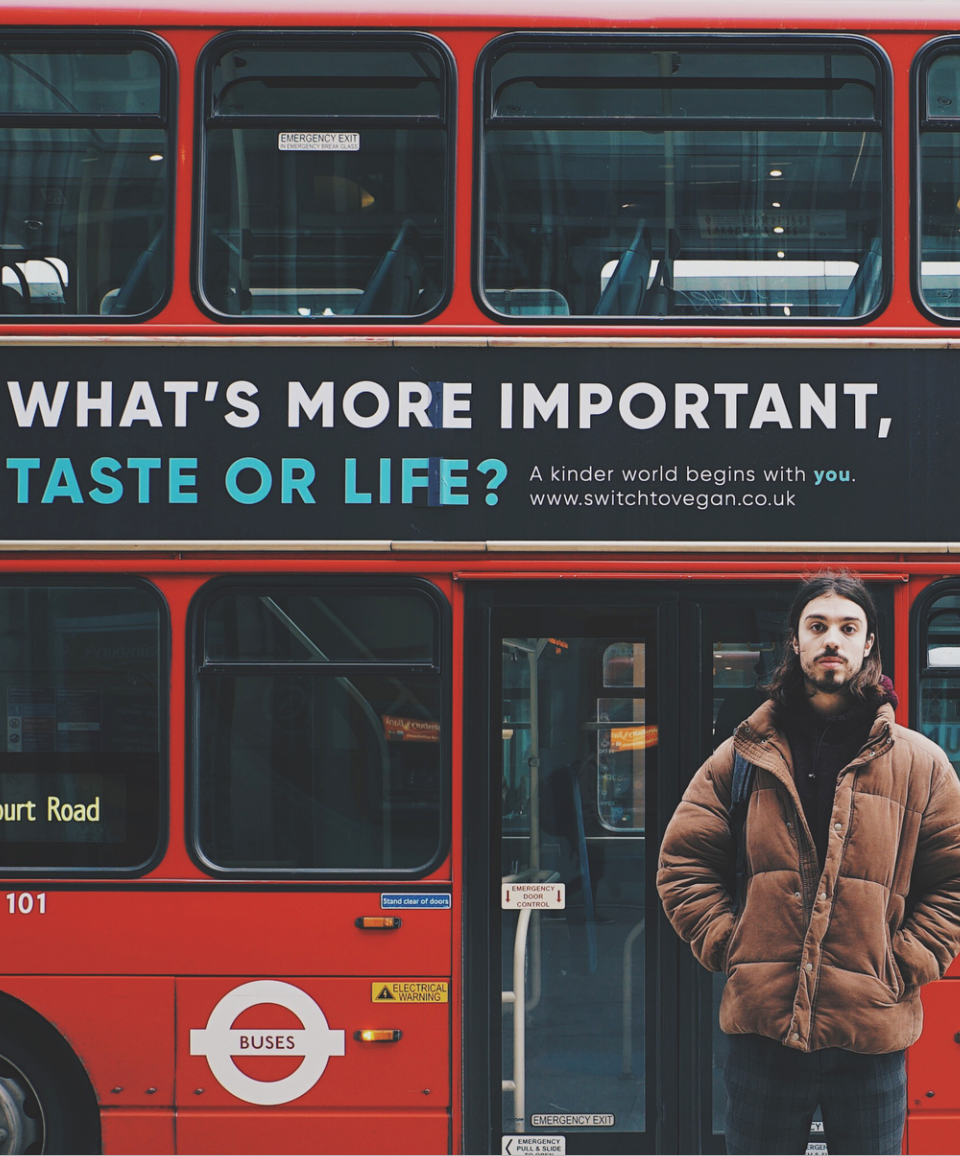
Photo Credit: Ed Winters
April 6, 2021
The science is clear: animal agriculture is one of the leading causes of climate change. In August of 2019, the UN published a report on land use and agriculture and concluded that humans must eat less meat to avert a climate catastrophe. Yet governments in Europe and the US continue to heavily subsidize the animal agriculture industry. With all the talk about the need to urgently address the climate crisis, why are governments failing on this key issue?
Ed Winters, also known as Earthling Ed, is a vegan educator, filmmaker, public speaker, and entrepreneur based in London, England.
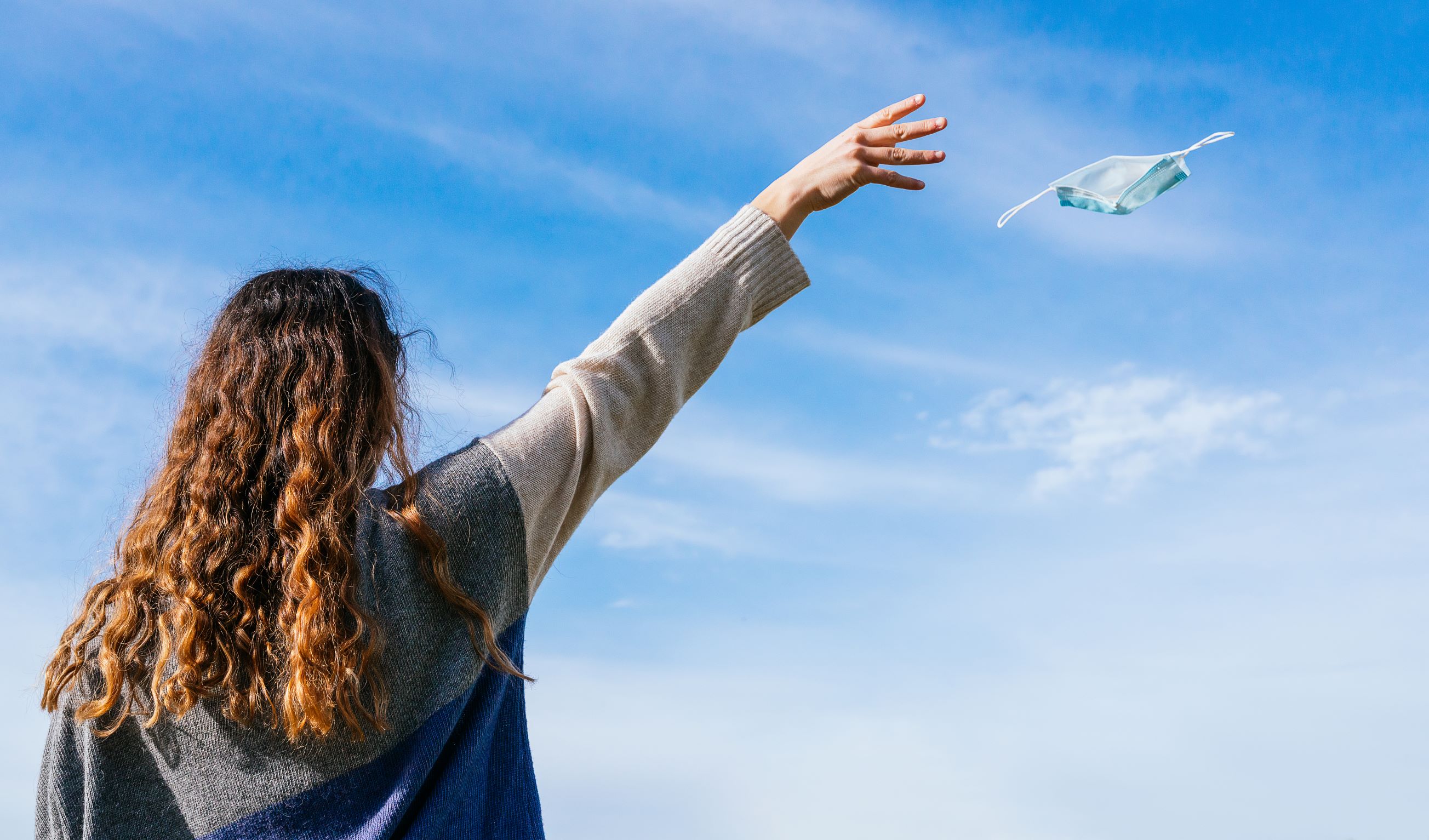
Photo Credit: Sutterstock
March 26, 2021
When will this be over? When can we finally be together again, go to the movies, the theater, the restaurant without fear of infection? That is what everyone is asking, not just here in the US. In this discussion we will look at experiences in the US and Germany to look forward and ask, how do pandemics end?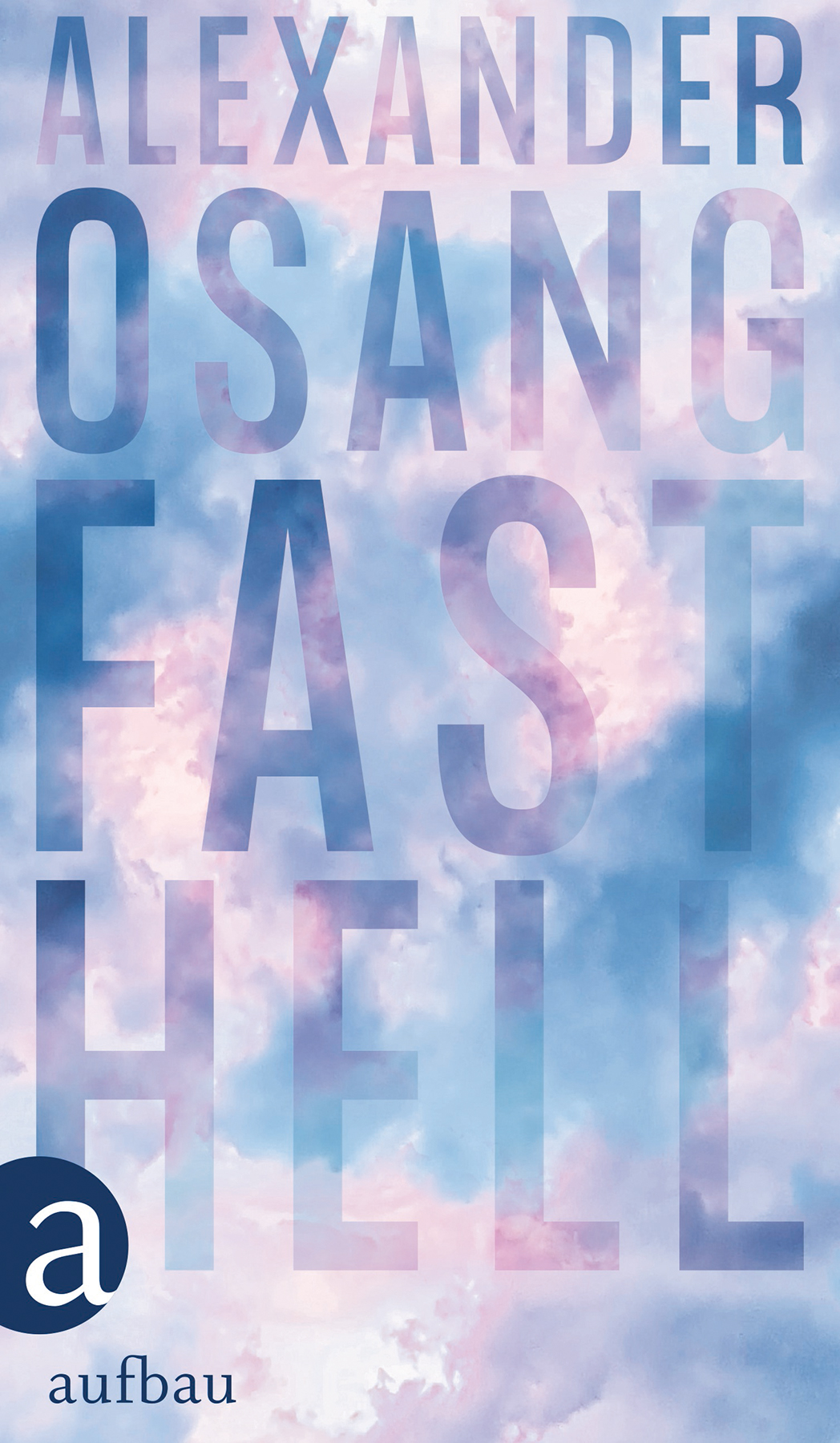
Photo Credit: Aufbau Verlag
March 25, 2021
In another installment of our series “Authors in Conversation,” Melissa Eddy, the Berlin Correspondent for The New York Times, meets Alexander Osang who was the New York Correspondent for the German magazine Der Spiegel for eight years.
Based on their intertwined biographies and writing, Melissa Eddy and Alexander Osang will talk about experiencing German history on an individual level as well as reporting about it from a journalist’s perspective. Or, as Alexander Osang has done in his latest book Fast hell ("Almost light," published January 2021 in German), about describing history in an individual biography.
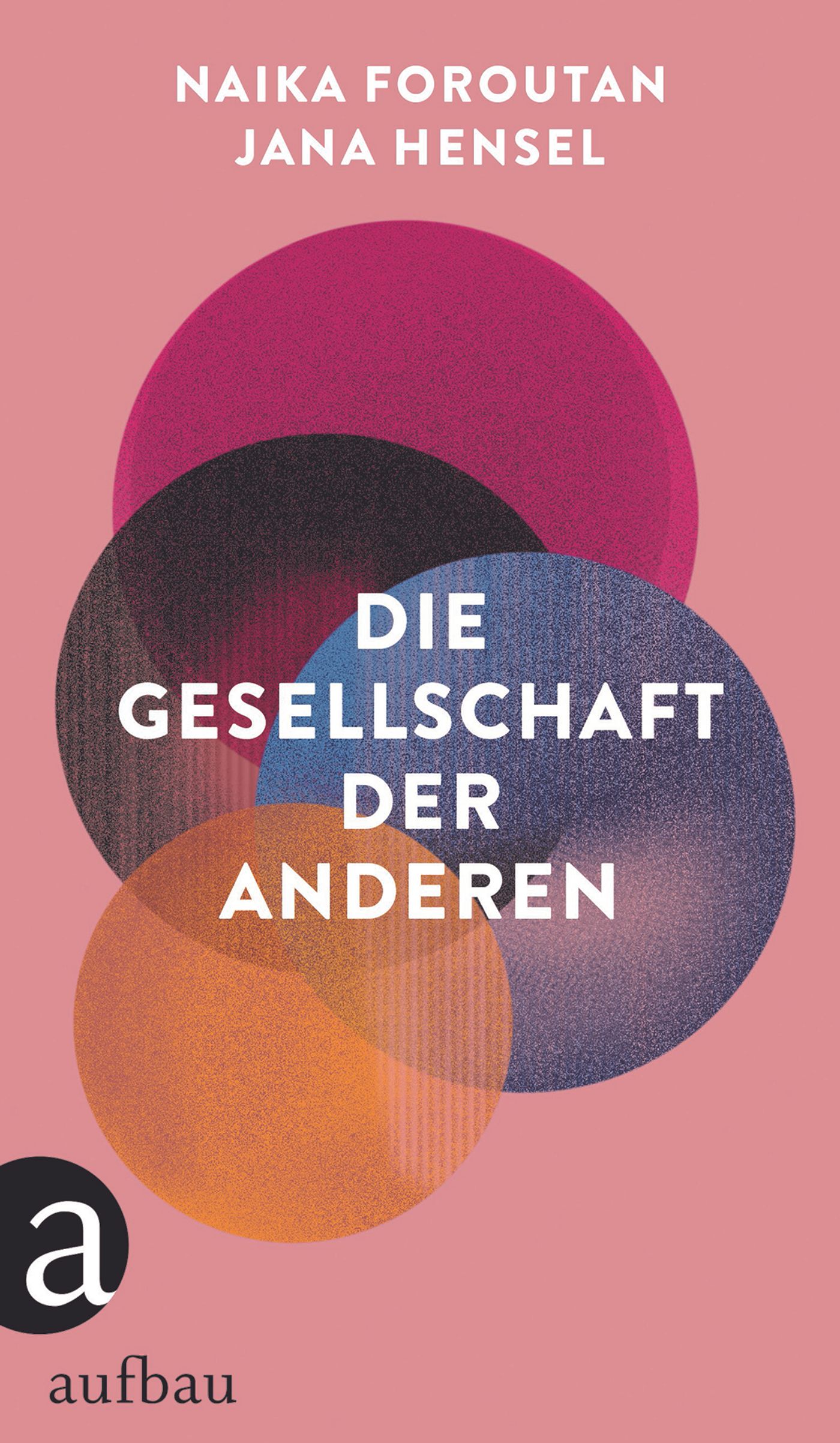
Photo Credit: Aufbau Verlag
March 19, 2021
Authors Jana Hensel and Naika Foroutan present their book "Die Gesellschaft der Anderen" (The Society of the Others) about similar perspectives of seemingly different minorities in the current German society: immigrants and East Germans. The controversial reflection of the "other" within a society provides a new way of understanding modern Germany and the challenges it is facing.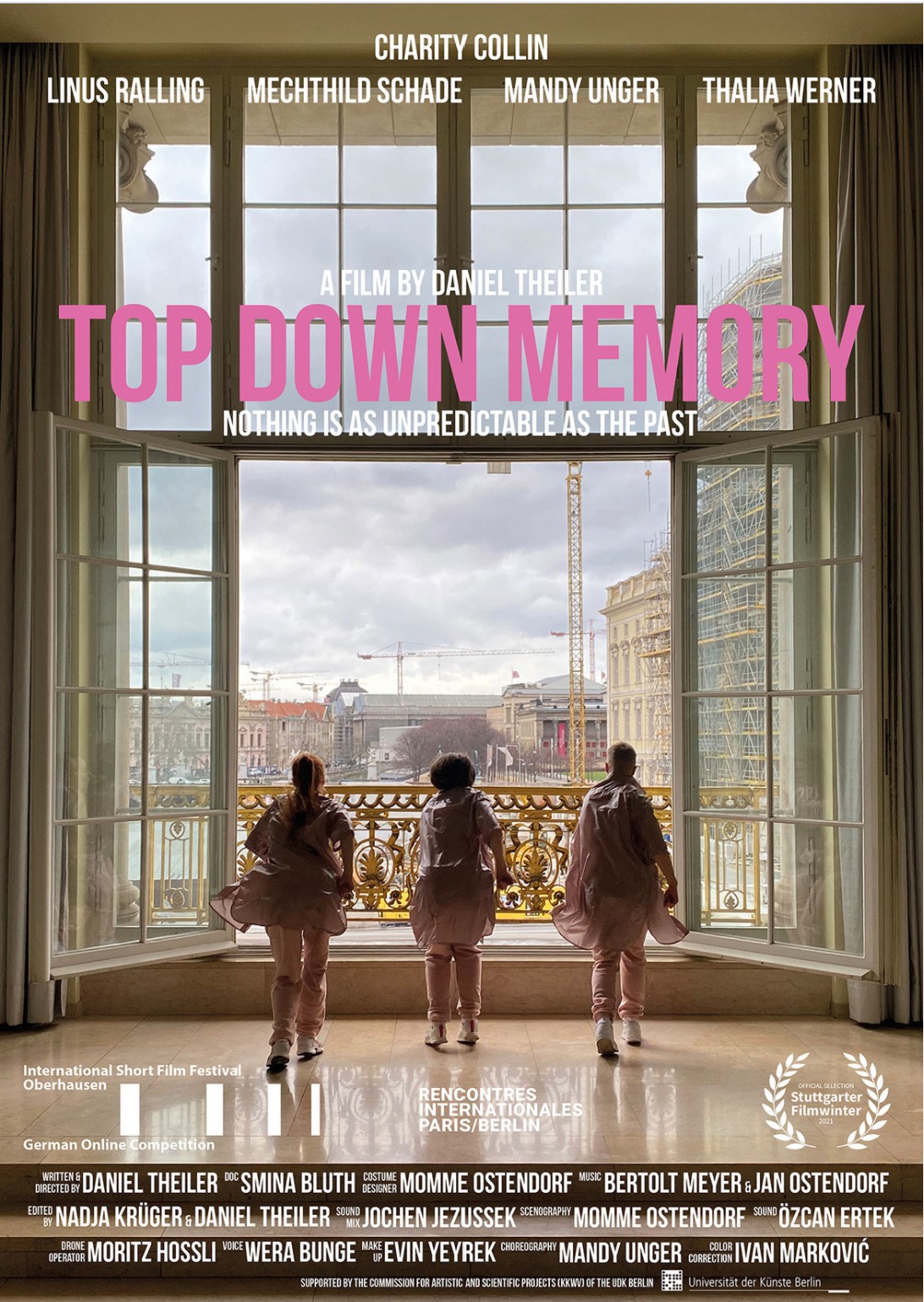
Photo Credit: Daniel Theiler
March 18, 2021
We continue our series in support of artists and authors during the pandemic with a group of young filmmakers who have recently produced short films that won prestigious film awards in Germany: Jannis Alexander Kiefer with Meeting, Daniel Theiler with Top Down Memory, and Borbála Nagy with Land of Glory. They will be joined by Brandeis alumn Benedikt Reynolds, ‘19, founder of the Boston Student Film Festival.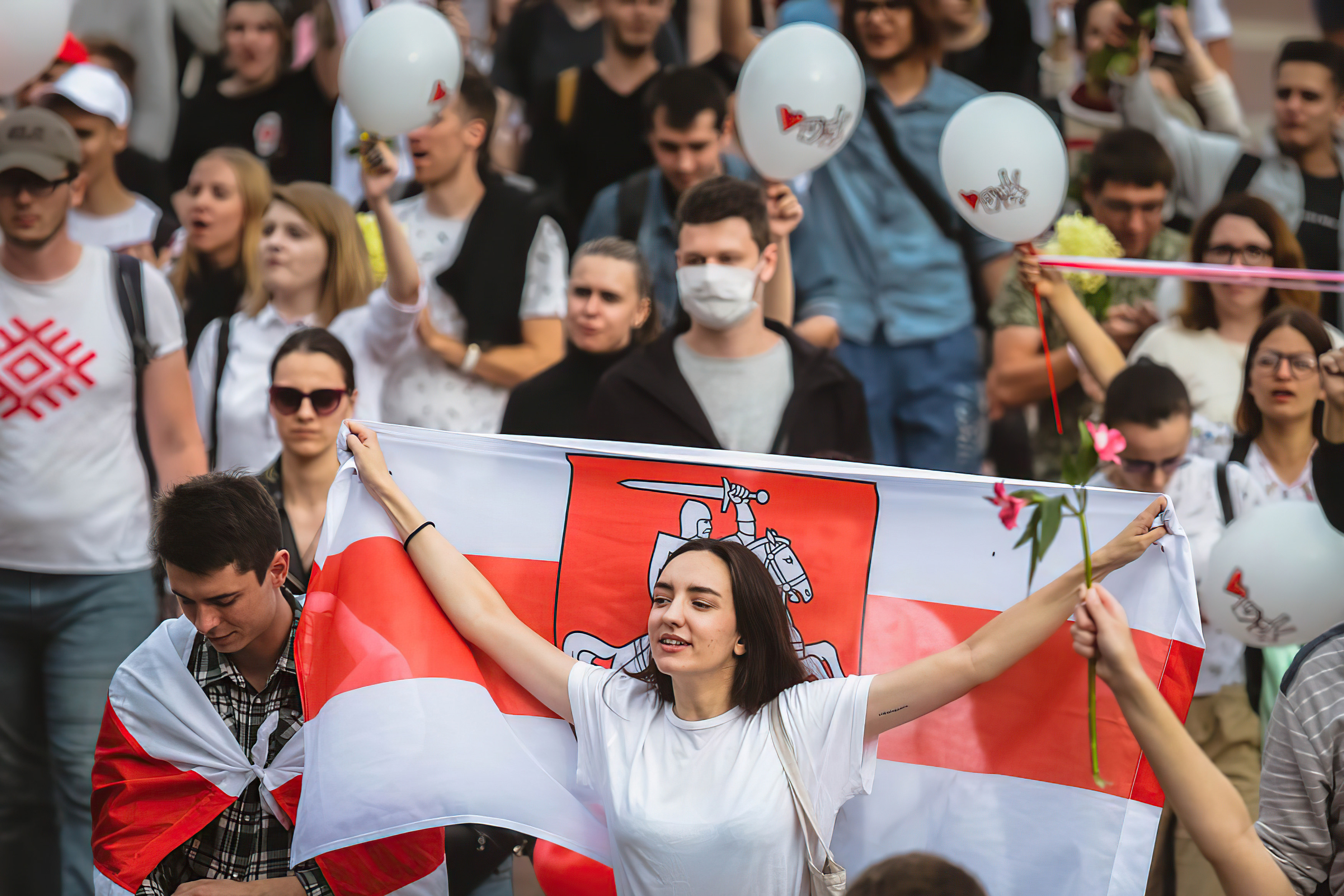
Photo Credit: Shutterstock
February 25, 2021
In this webinar, audience members had the unique opportunity to hear firsthand about the current situation in the country and what the coming months may bring, both for the Belarusian pro-democracy movement, and more broadly, for the entire eastern European region. Participating in the roundtable, live from Minsk, Belarus, were Julia Mickiewicz, political activist and member of the oppositional Coordinating Council, Andrei Dynko, editor of the independent newspaper Nasha Niva, political scientist Andrei Kazakevich, and poet and translator Maryia Martysevich.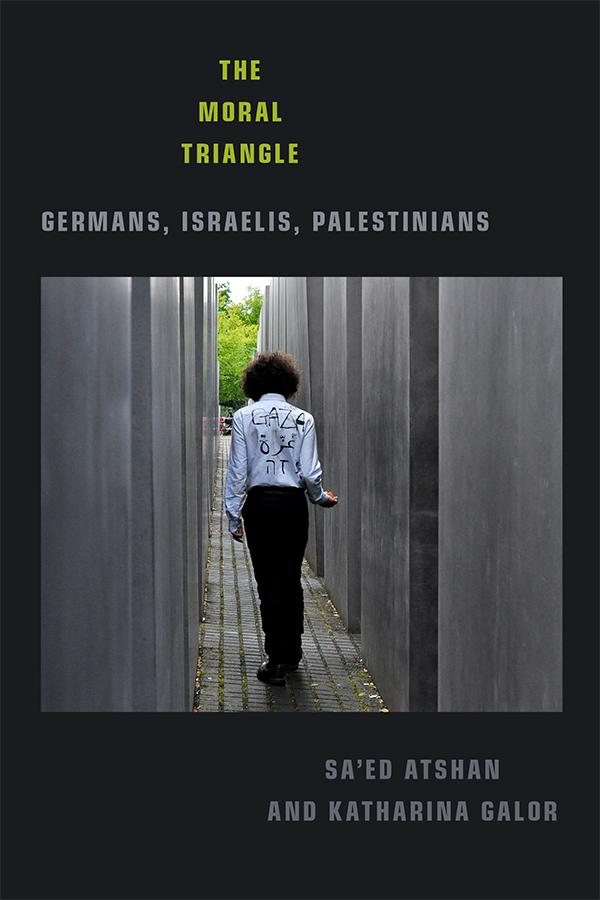
Photo Credit: Duke University Press
February 24, 2021
Join us and the authors of The Moral Triangle: Germans, Israelis, Palestinians, Sa’ed Atshan and Katharina Galor for an illuminating discussion. We will examine issues of diaspora, conflict, immigration.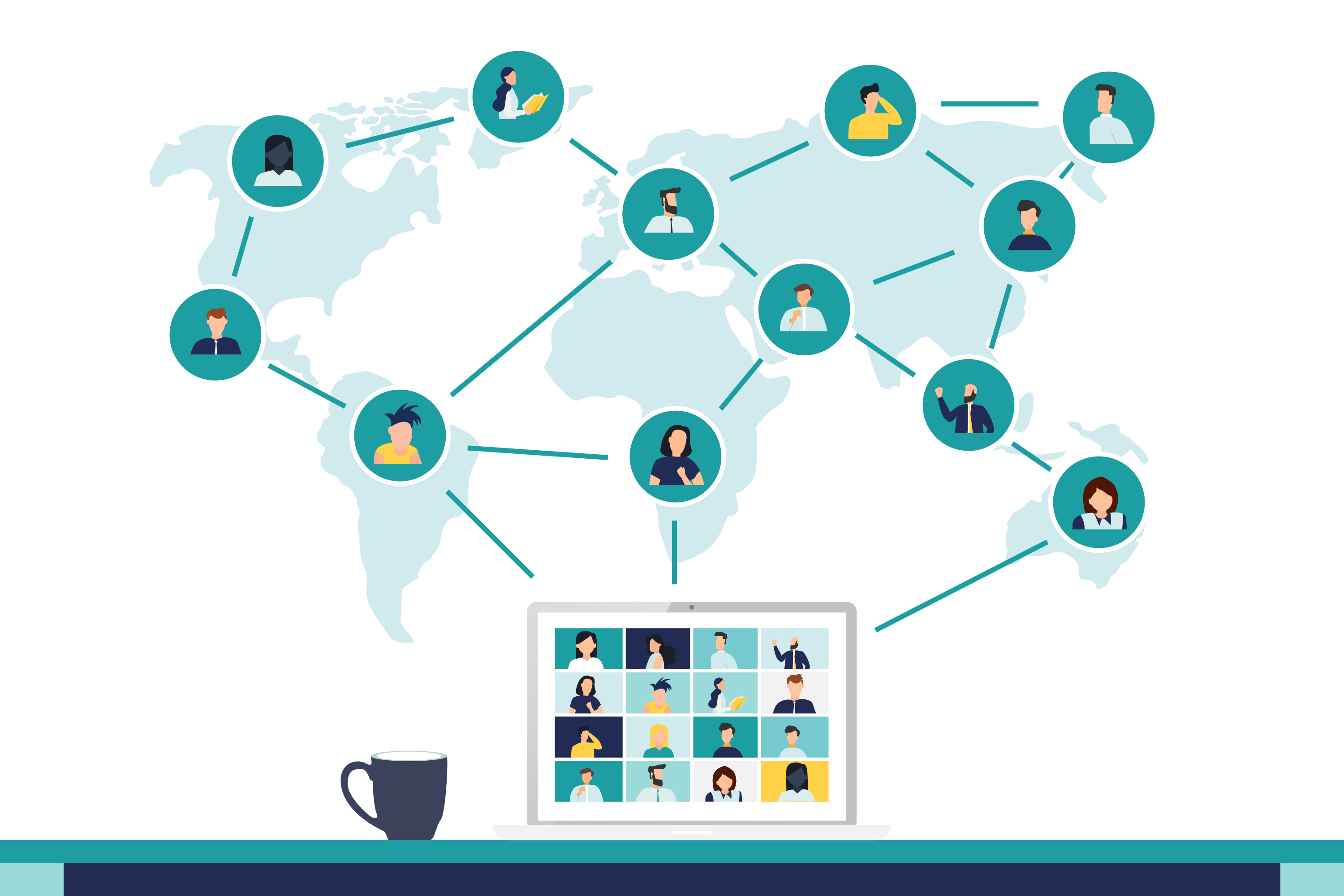
Photo Credit: Shutterstock
February 22, 2021
During Covid-19, academic travel came to a halt and many conferences and meetings were moved online out of necessity. Which lessons did we learn and what should the future of academic travel look like? Many are eager to return to in-person conferences with opportunities to meet and mingle with colleagues from other institutions, but returning to the “travel culture” prevalent in the scientific community before Covid-19 would mean giving up major improvements in the areas of social justice and climate action.
Photo Credit: Filmakademie Baden-Württemberg [de]
February 18, 2021
DIMITRIJ Liebermann (19) is Jewish and punched Tobi in the face. Now he’s supposed to apologize to him. But Dimitrij doesn’t exactly feel sorry. While on his way to meet up with Tobi, he encounters a diverse representation of German society. Again and again, Dimitrij faces one struggle he needs to overcome: his German-Jewish identity.
An analysis of the status quo.
Join us for a conversation about German-Jewish and American-Jewish identities with co-director Arkadij Khaet and Brandeis alumni Eve Litvak and Misha Vilenchuk.
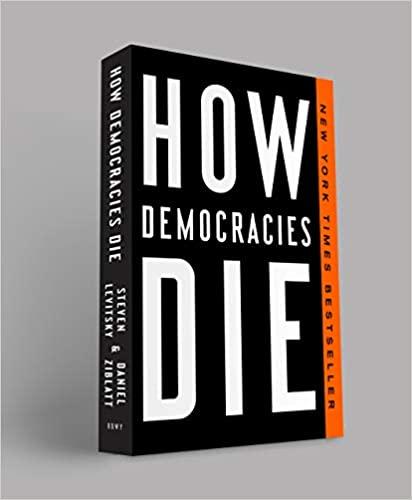
Photo Credit: Crown Publishing
February 8, 2021
What do protests against Covid-19 restrictions, claims of election fraud, and the events of January 6th, 2021 tell us about the status of our democracy? How do political scientists make sense of what is happening? What comparisons with European events are appropriate? What can and should be done to stabilize and strengthen democracy on both sides of the Atlantic?
Susan Neiman and Daniel Ziblatt discuss current dangers to democracy and reflect on the severity of today's situation. Exchanging European and American perspectives provides new insights and, possibly, suggestions on how to overcome the apparent dilemma and how to strengthen our democratic institutions.
Fall 2020
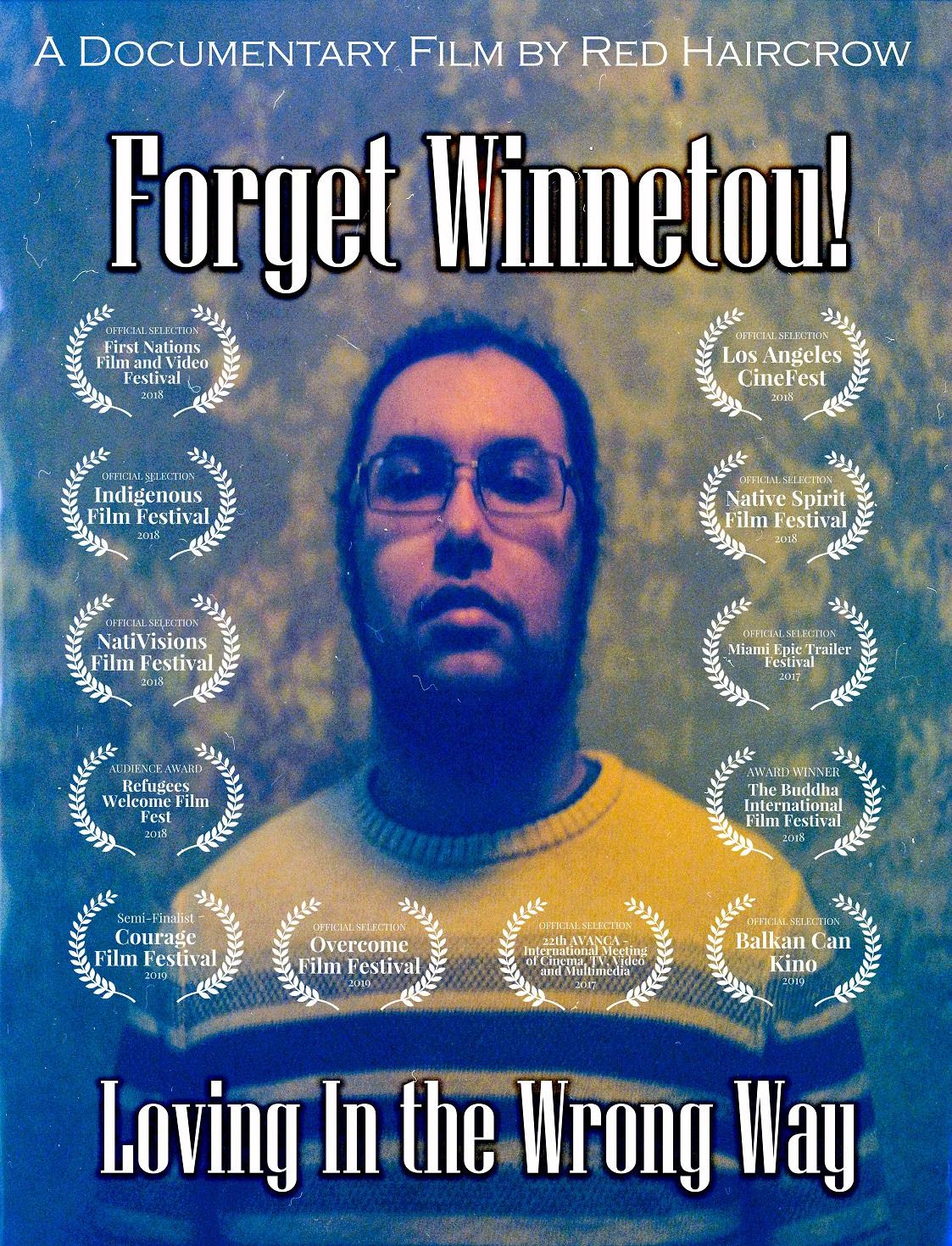
Photo Credit: D.S. Red Haircrow
November 30, 2020
“What does a world that respects Indigenous peoples look like, that’s working towards ending racism, colonialism, and other intersecting oppression on a global scale?” (Marcos, 2017)
Forget Winnetou! is a documentary film project directed by Red Haircrow, on stereotypes of Native Americans in Germany, and how it is connected to wider issues of stereotyping, racial profiling and inequality towards all people of color throughout Europe and western society. We understand Winnetou, the fictional “Indian” character created by Karl May, who many Germans see as harmless and inspiring, can be a symbolic character/story reinforcing Native American stereotypes, and racism & colonialism in general.
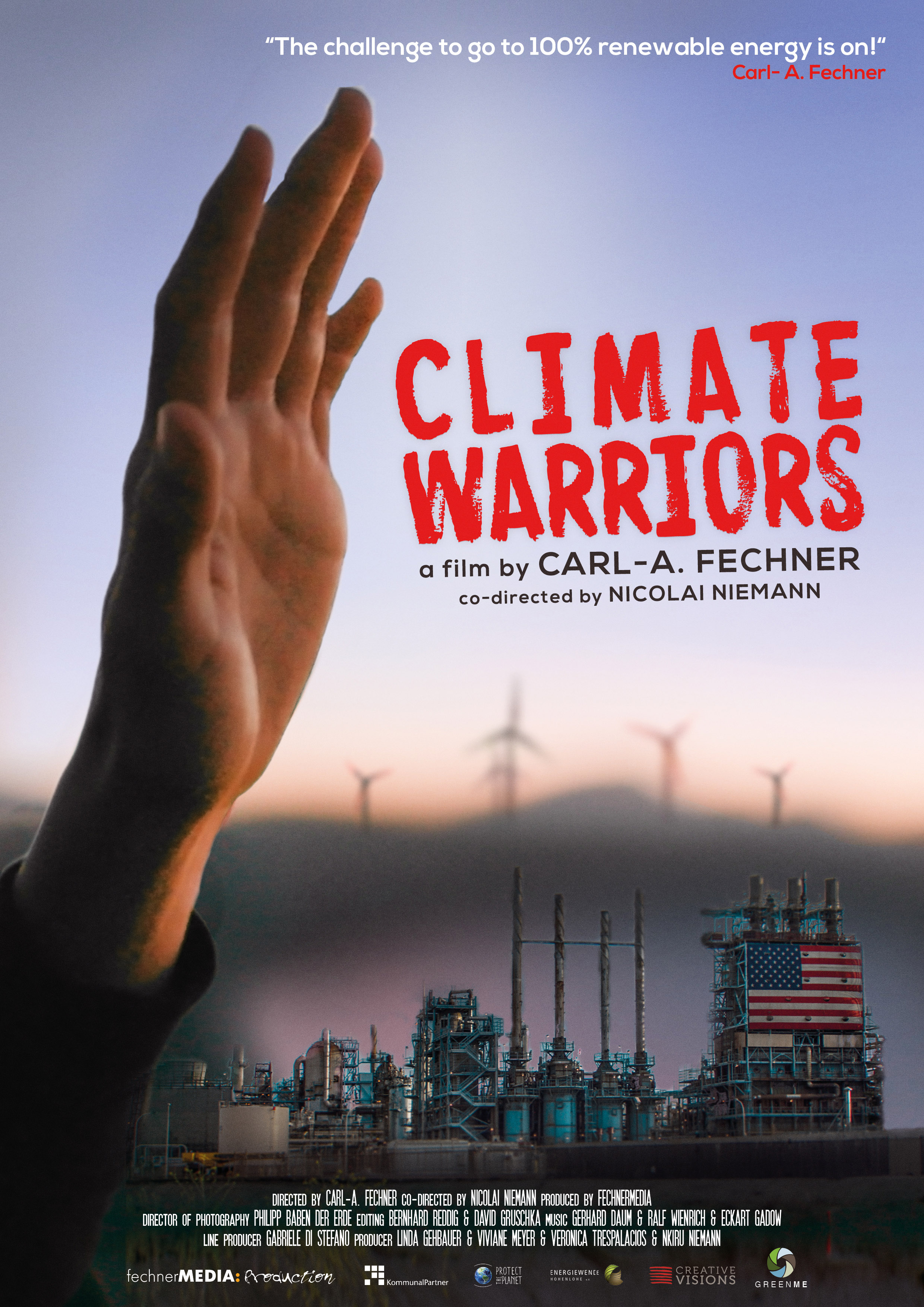
Photo Credit: fechnerMEDIA
November 24, 2020
"Being a climate warrior is being able to understand the crisis we face in a way that empowers us to fight to preserve and protect that which is left."
Xiuhtezcatl Martínez
CGES cordially invites you to join the US launch of the film CLIMATE WARRIORS. Watch the documentary for free, and join us for a virtual transatlantic discussion on climate activism with the film maker Carl-A. Fechner and some of the protagonists from the US and Europe.
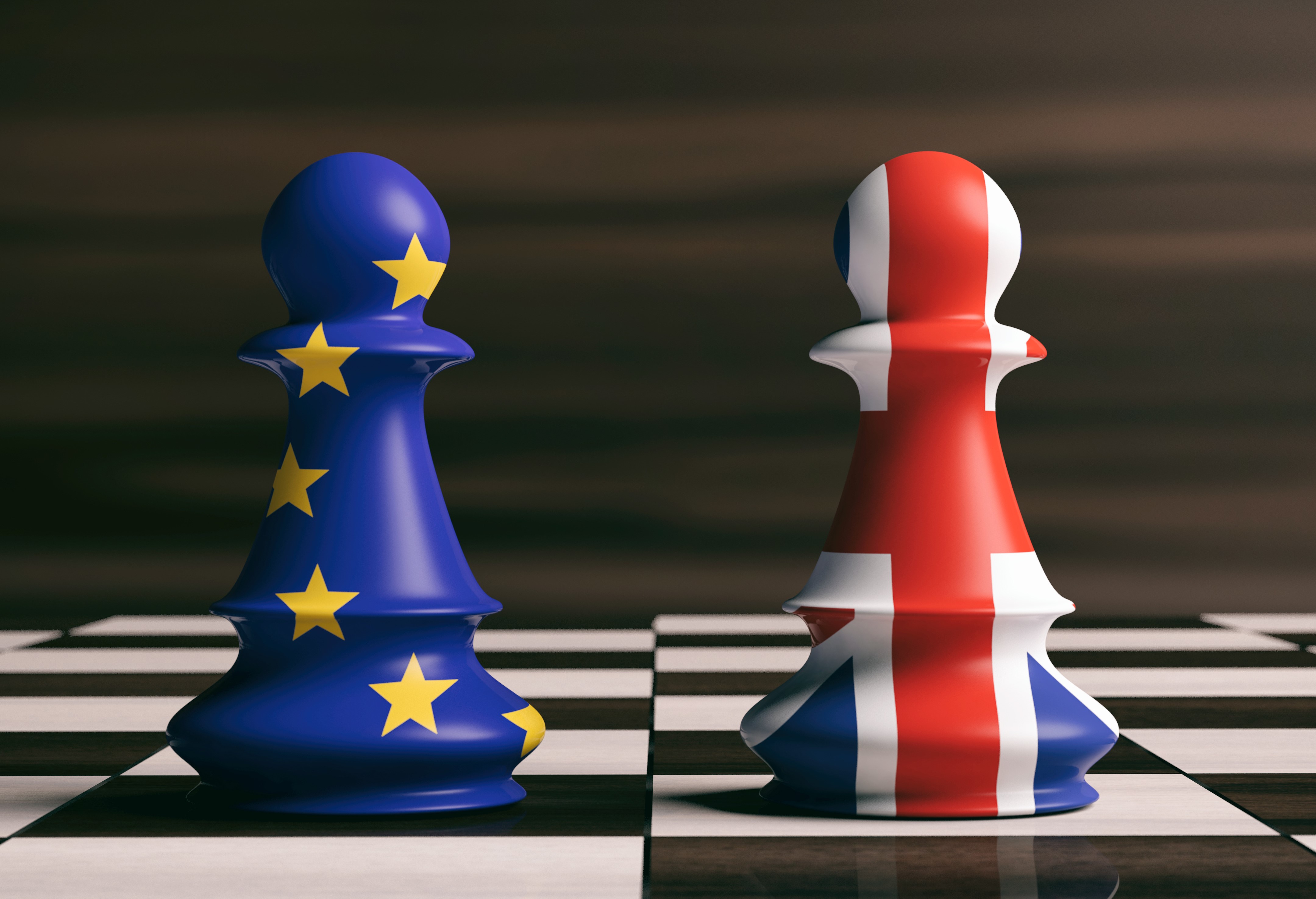
Photo Credit: Shutterstock
November 16, 2020
In December 2019, Boris Johnson won a landslide victory promising that he would make Brexit a reality, and the UK officially withdrew from the European Union on January 31st 2020. However, many tough questions remain about the future UK-EU relationship, and must be agreed on by the end of the transition period. With no agreement in sight, what are the main points of contention? What do the Europeans and what do the British hope to gain from an agreement? Finally, what happens if no agreement can be reached -- and what do these protracted and sometimes rancorous negotiations mean for British politics and the future of a “United Europe”?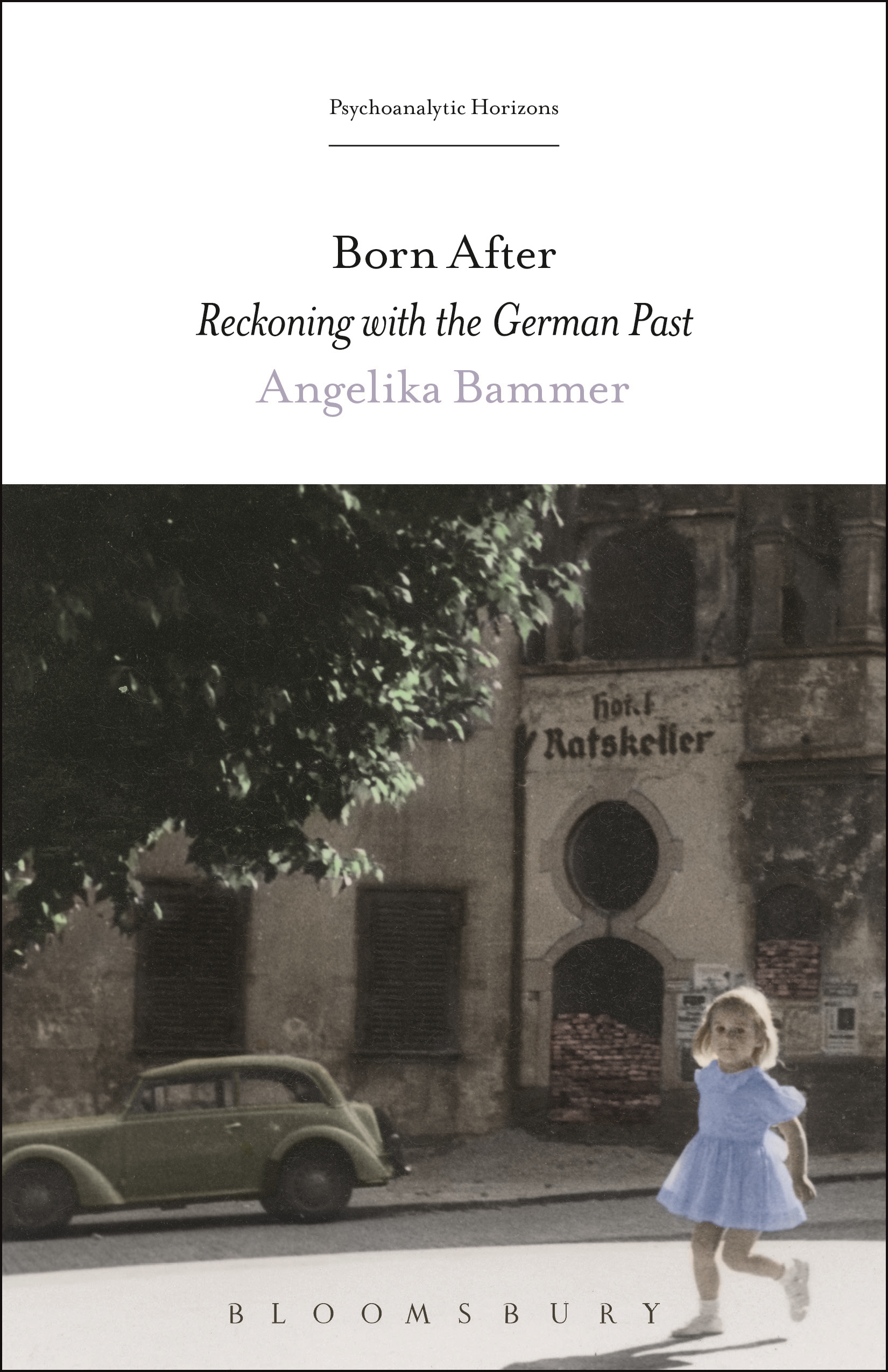
Photo Credit: Bloomsbury
November 12, 2020
"A painfully honest and mesmerizing reflection on what it means to have been born a German in the wake of the Holocaust." – Deborah E. Lipstadt
Angelika Bammer traces the legacy of Nazi history across several generations of her German family. Her talk explores the affective impact of this legacy and propose that the shifting ground between remembering, forgetting, and misremembering is the ethical foundation on which we build our lives.

Photo Credit: United States Holocaust Memorial Museum, courtesy of Stadtarchiv Aachen
November 9, 2020
A conversation with Dorothee Lottmann-Kaeseler, Wiesbaden
You can watch a recording of the event online.
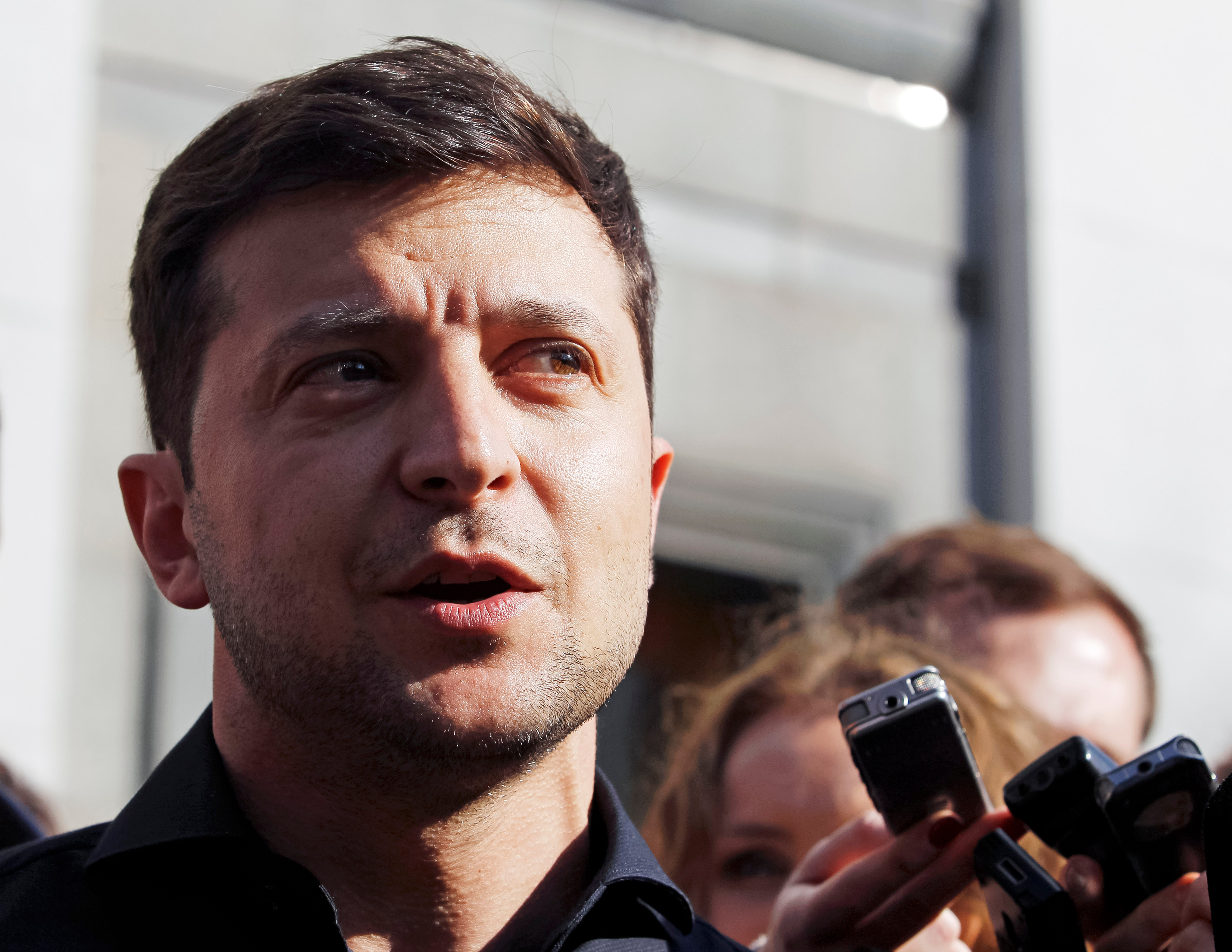
Photo Credit: Shutterstock
November 2, 2020
In this talk, Brandeis alum Matthew Kupfer, news editor of the Kyiv Post and a former staff writer at the Moscow Times, talks about how Ukraine has weathered the UkraineGate scandal and the coronavirus pandemic, the effects of these crises on its struggle for political and economic reform and how the 2020 U.S. presidential election may affect the country.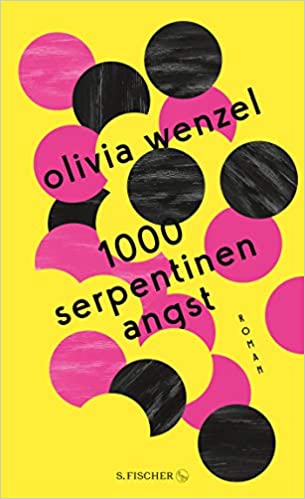
Photo Credit: S. Fischer Verlag
October 26, 2020
At the start of this year, Black German author Olivia Wenzel published her debut novel, 1000 Serpentinen Angst (1000 Coils of Fear) to the enthusiastic reception of German critics. The novel is a work of autofiction that draws heavily on Wenzel’s own life experiences as a Black German woman who grew up in East Germany. Priscilla Layne believes that Wenzel’s book poses an important opportunity to reflect on what makes Black German literature uniquely different compared to literature by white German authors. She states that for a Black person in Germany, racial trauma is ongoing and ever-present. The goal is simply to live.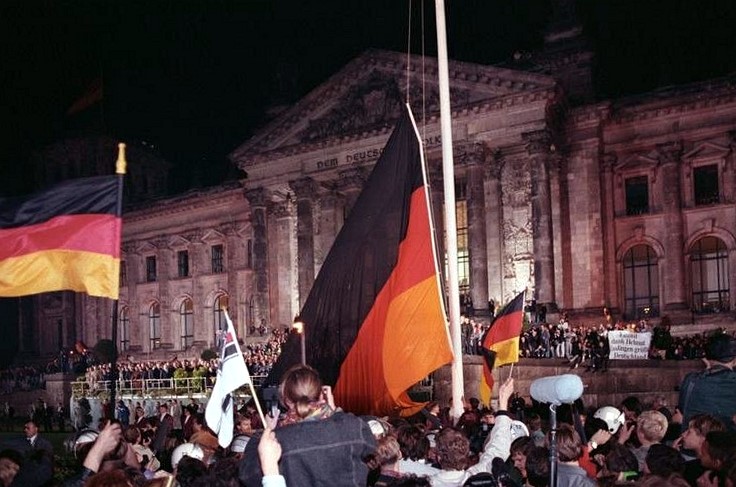
Photo Credit: Bundesarchiv/ Grimm, Peer
October 21, 2020
Was the fall of the Berlin Wall a stroke of good luck in Germany's history? How much progress has really been made in uniting the East and the West? We are talking to two journalists who were there when the Berlin Wall fell on November 9th, 1989 and continue to write about Germany today: Sabine Rennefanz, author and politics writer at Berliner Zeitung and John Goetz, born in Chicago, who moved to Berlin in 1989 and is a correspondent for NDR German public television today.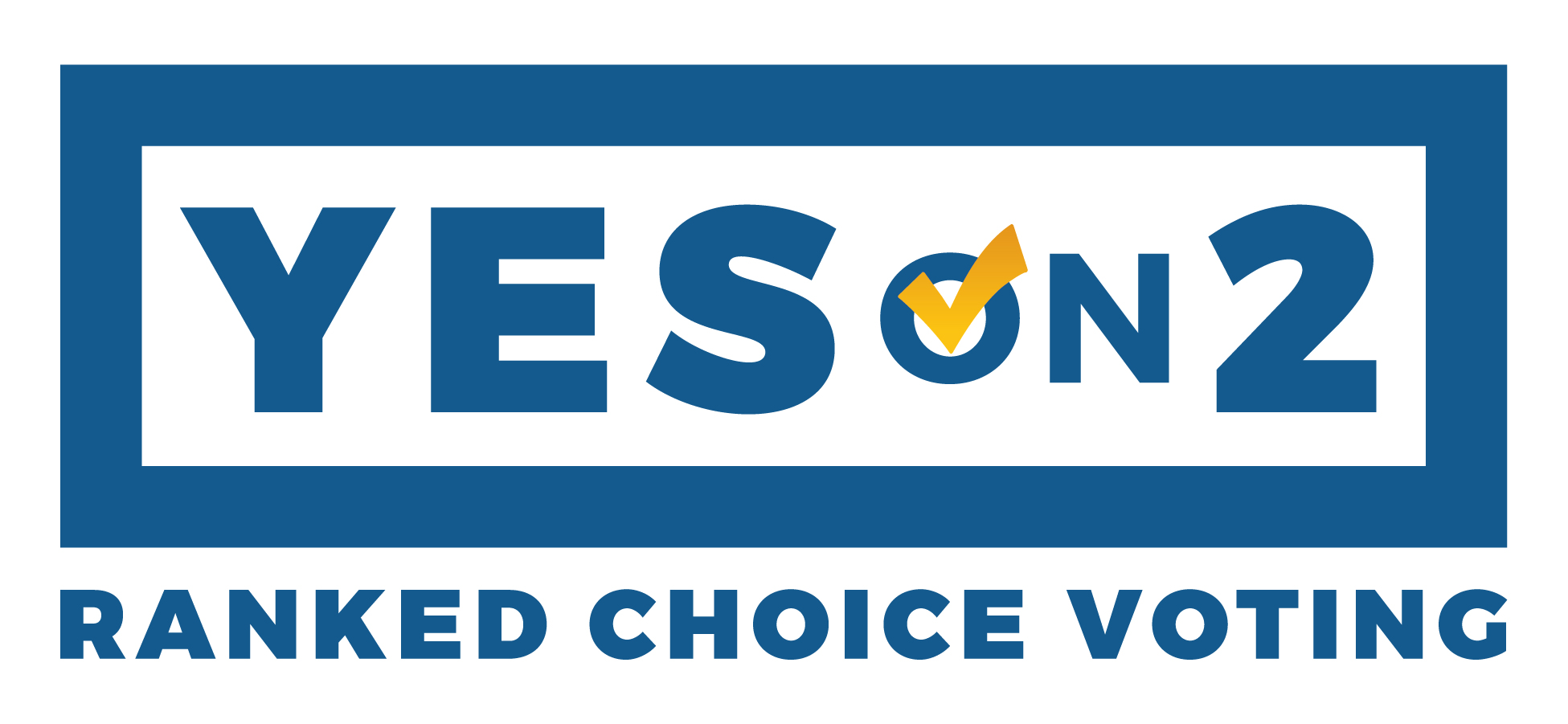
Photo Credit: Ranked Choice Voting, Massachusetts
October 19, 2020
This November, Massachusetts voters will vote on "Yes on 2" to support "Ranked Choice Voting." In this webinar we explain what ranked-choice voting is, but we also take a look across the Atlantic to see how voting rules impact political culture and democracy in the Federal Republic of Germany, which has had a system of (mixed) proportional representation since WWII.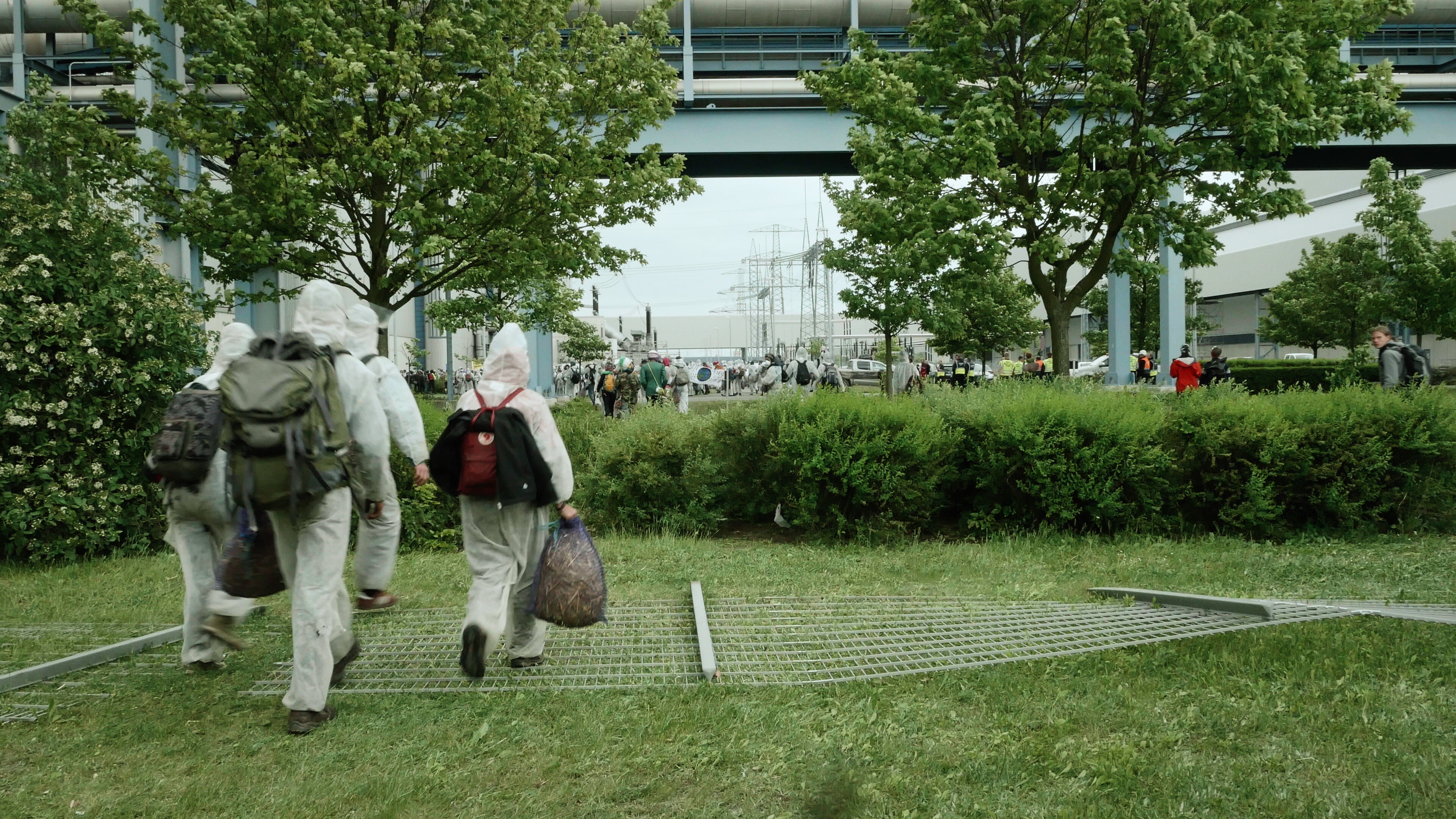
Photo Credit: Oliver Ressler
October 14, 2020
Oliver Ressler is an artist and filmmaker whose work has focused on global warming as a central theme ever since he first began to exhibit. One of his first solo exhibitions was “100 Years of Greenhouse Effect” at Salzburger Kunstverein in 1996. Oliver Ressler talks about a cycle of films – “Everything's coming together while everything's falling apart” (2016 – 2020) – that follows the climate justice movement in its struggles to dismantle an economic system heavily dependent on fossil fuels.
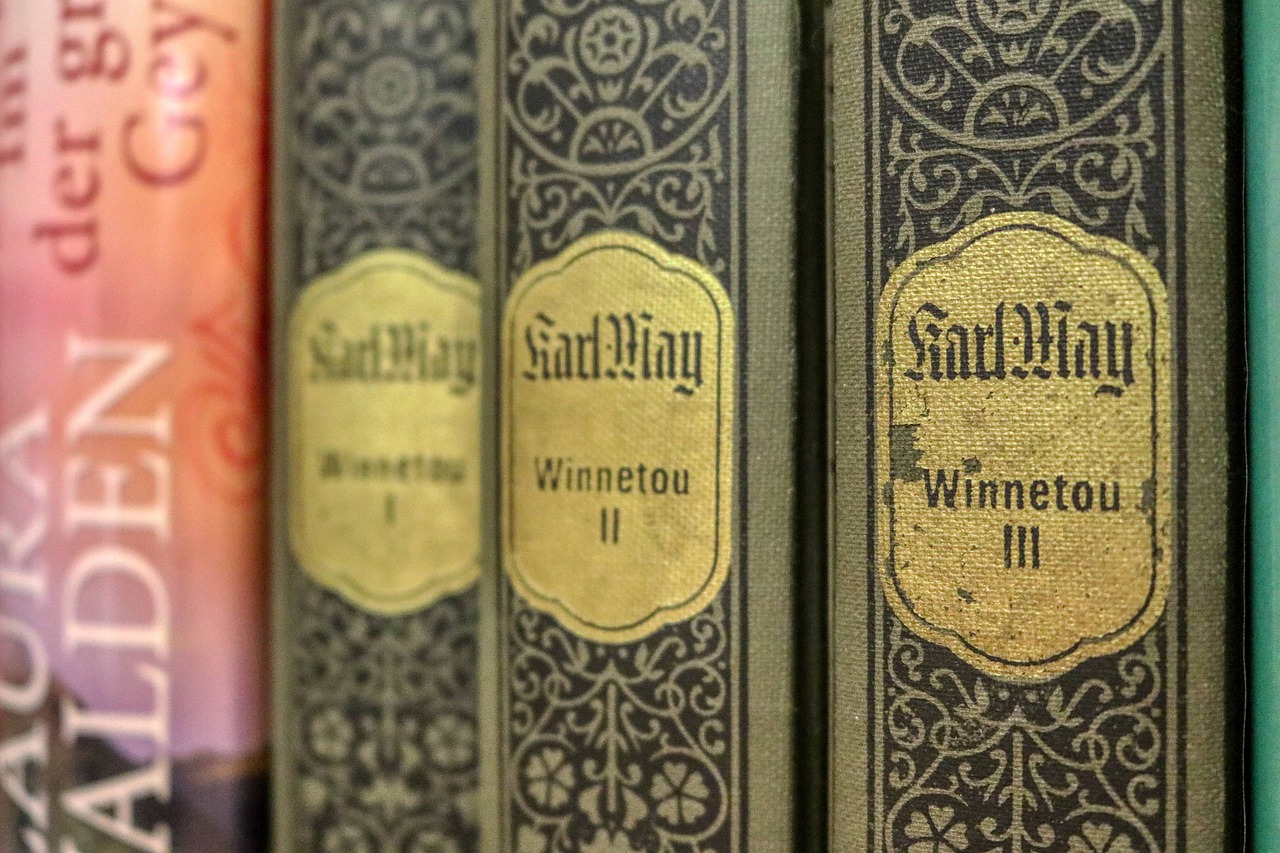
Photo Credit: Public domain
October 5, 2020
The enduring popularity of Karl May—and the persistence of the static images of Indigenous life in the Americas he propagated—are topics that have long interested readers, scholars, journalists and activists. Panelists will discuss Karl May and his legacy through the lenses of decolonization and race, including how the Winnetou books and film adaptations center depictions of whiteness and erase narratives of Indigenous resistance, survival and sovereignty, their impact on the representation of Indigenous American cultures in museums, festivals, and hobbyist circles, and the intertwined German and American legacies of migration, colonization, and racism.
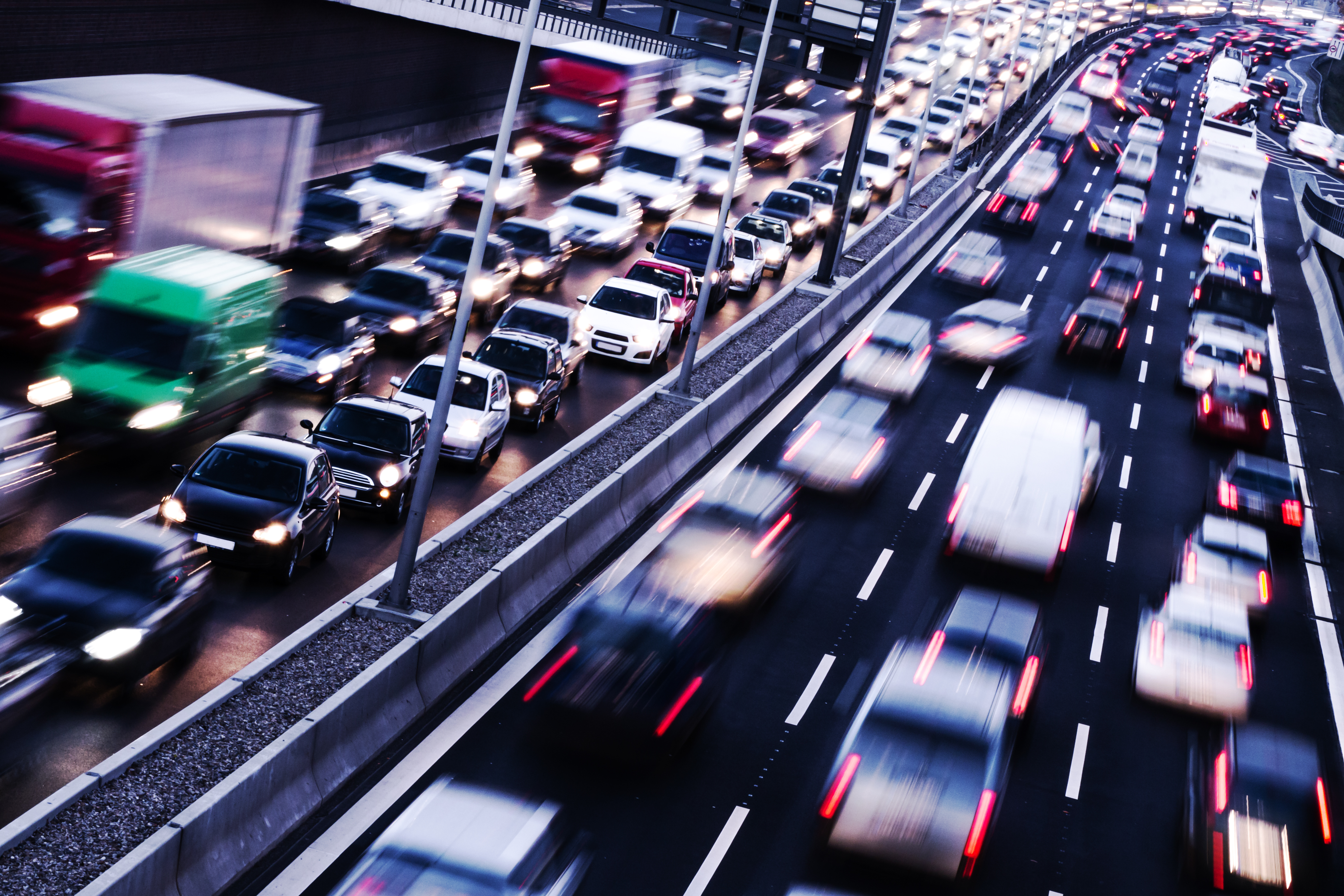
Photo Credit: Shutterstock
September 21, 2020
Traffic and transportation make up 20% of Germany’s CO2 emissions. In the face of a climate catastrophe, the need for drastic change is clear – and yet, each year, more and more vehicles are being sold in a country that finds pride in its car industry and an Autobahn without speed limits. Merle Groneweg will give a brief introduction into current debates in Germany – and why electric cars cannot be the solution for a climate-just mobility. She presents key aspects of policy proposals that combine mobility, trade, and raw material policies.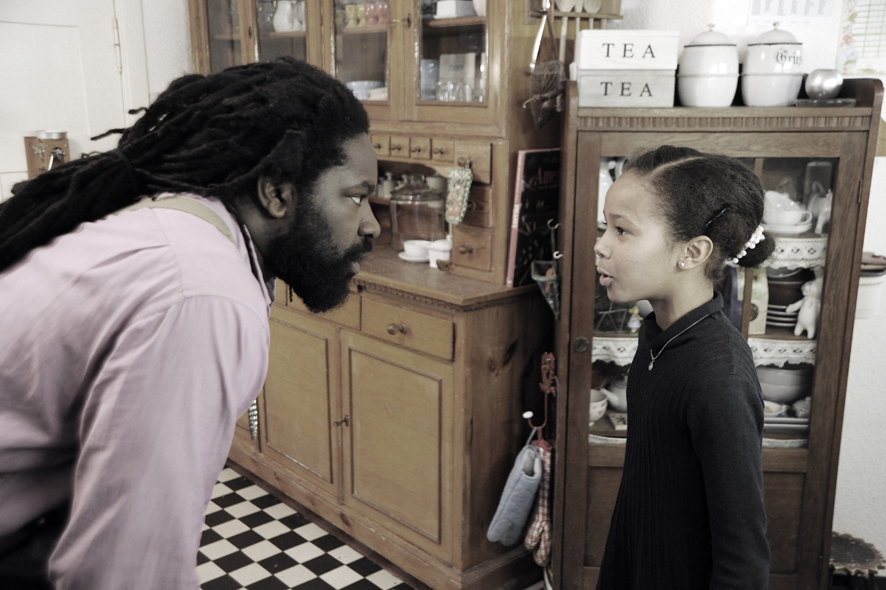
Photo Credit: Anita Back
September 17, 2020
Director Sheri Hagen talks with Ariana Cohen-Halberstam about Auf den zweiten Blick, a movie that advocates for love against all odds. Exploring "blindness" in a literal as well as metaphorical sense, the film shows how loneliness, prejudice, and physical limitations can be overcome--if we are able to open up and see the other person for who they are.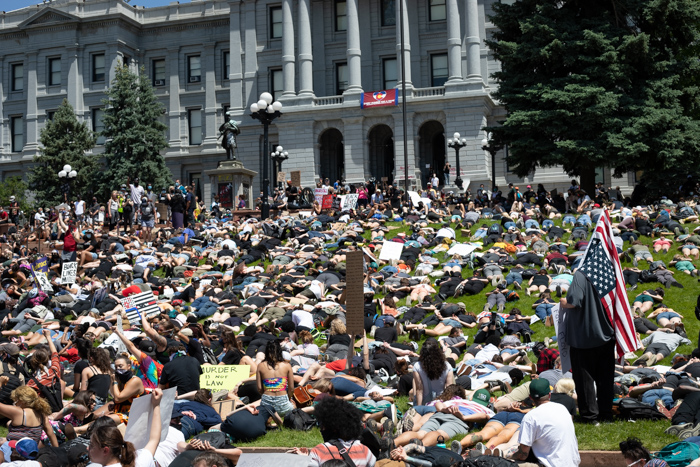
Photo Credit: Emmett Williams
September 14, 2020
The George Floyd Uprising and Black Lives Matter Movement have brought renewed attention to the more than 1,500 Confederate statues around the US, and raised questions about how a nation should deal with its own history. Germany is often praised for its Vergangenheitsbewältigung, the way in which it has approached or dealt with its own history. What different approaches to history can we identify in Germany and the United States?
Photo Credit: Scholastic
September 3, 2020
Two German authors are living their dream in California. Cornelia Funke, one of Germany's most successful children's authors worldwide, has lived in Malibu since 2005. Kerstin Zilm, an independent producer and radio reporter, moved to Los Angeles in 2003, founded her own production company and wrote a book about her arrival in California. A conversation about writing fantasy and reporting reality in the Golden State.Summer 2020
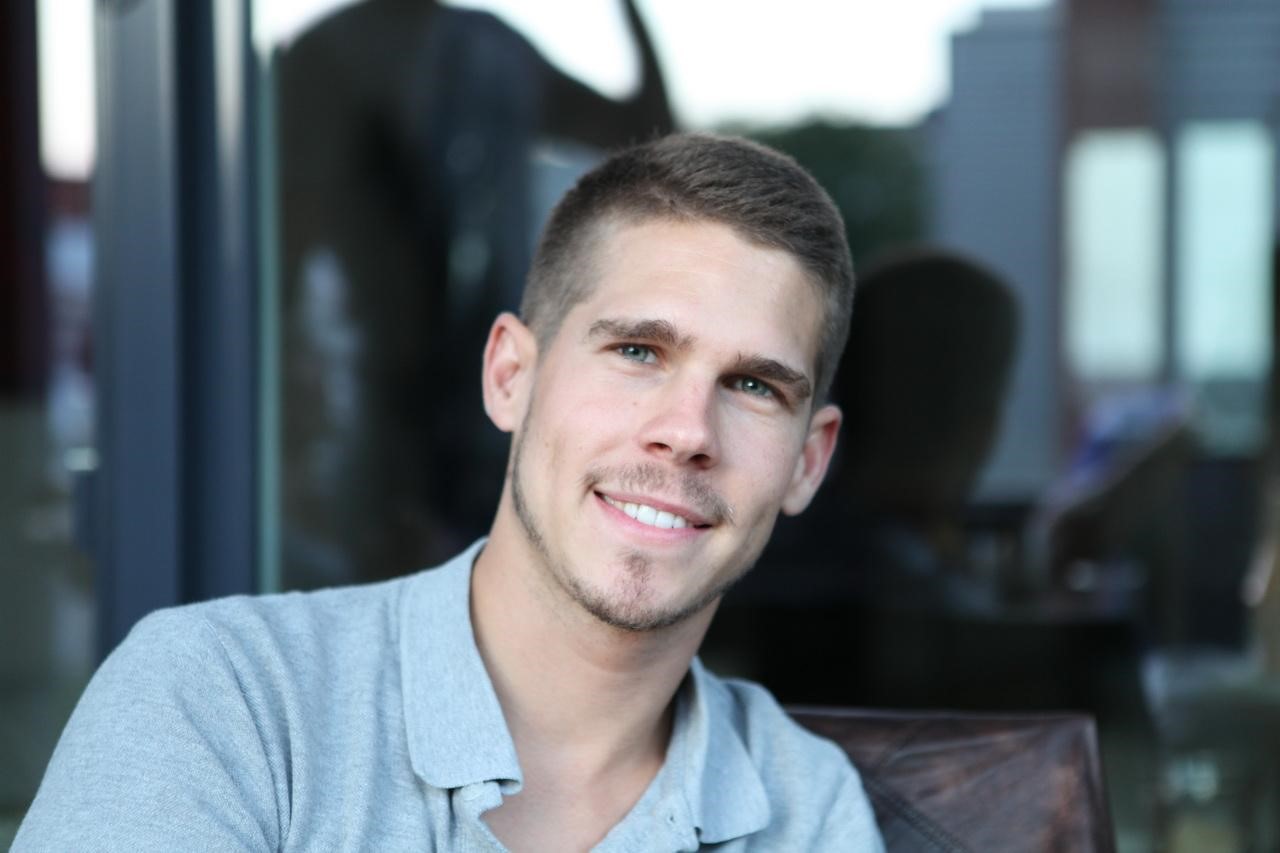
Photo Credit: M. Hermann-Cohen
August 24, 2020
The Holocaust is inseparable from Israeli identities. Even seven decades after World War II, Israeli daily life is shaped by the horrible crimes committed by the Nazis and yet thousands of Israelis every year decide to learn German as a Foreign Language (GFL). The webinar looks at the changing image of Germany in Israel, tabooizations found in textbooks for German as a Foreign Language, and Israeli learners’ perspectives on Germany.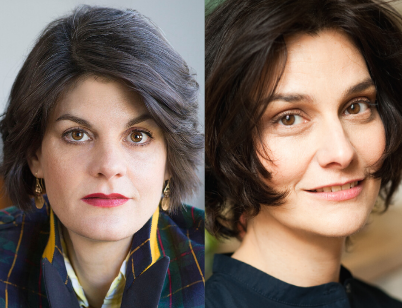
Photo Credit: Nina Subin, Heike Steinweg
August 13, 2020
In exploring their own families’ histories, these two women writers confront the past, reflect on a fragmented and traumatized century and the responsibility we all have as inheritors of our countries’ past. A conversation about searching for the past and how it affects the present.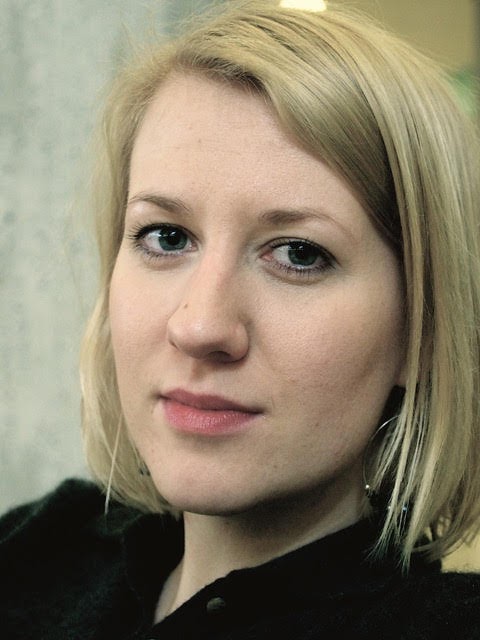
Photo Credit: M. Hübscher
August 10, 2020
In her talk, Monika Hübscher gives examples of antisemitic content posted by the AfD on Facebook. She provides insight into the context of the posts and how AfD followers respond to antisemitic content on the social platform. Further, she discusses the normalization of antisemitic content on social media, and its consequences for societal discourse in Germany.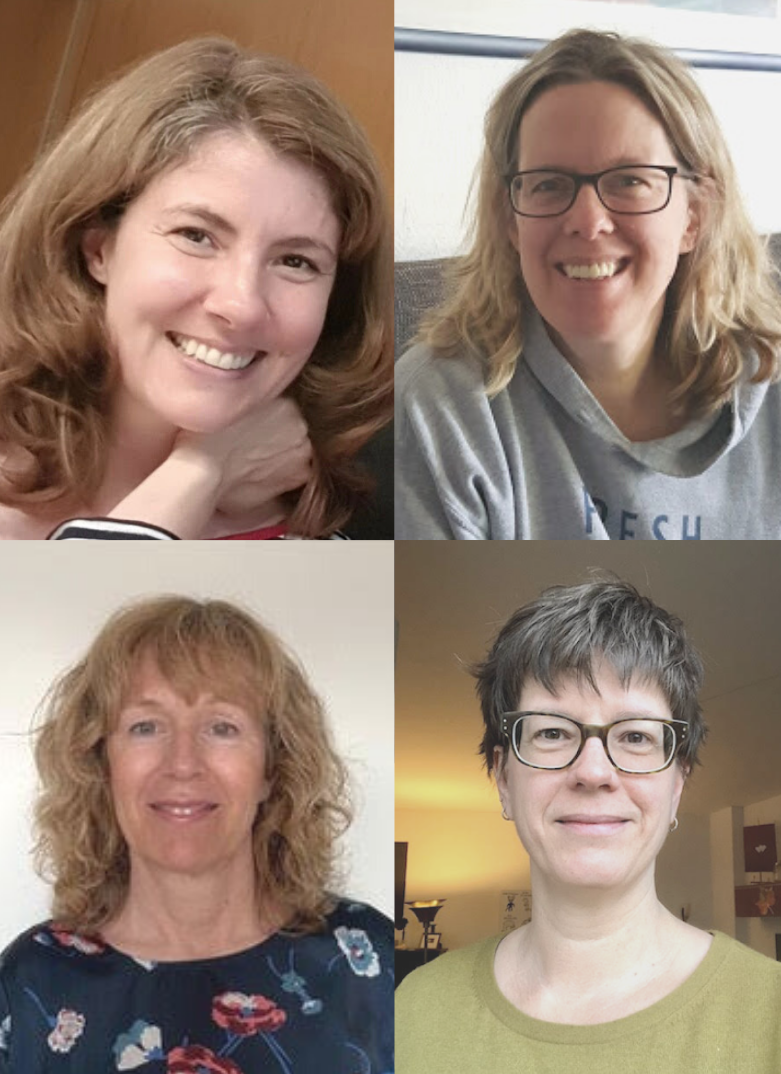
Photo Credit: Private
August 3, 2020
While Massachusetts schools are considering how to reopen for the fall after months of lockdown, schools in Germany already reopened in May. In this live conversation with four teachers who are working in German schools we discuss their experience: What worked well? What challenges did they face? How did the measures work for different age groups? What recommendations would they make to schools in the US?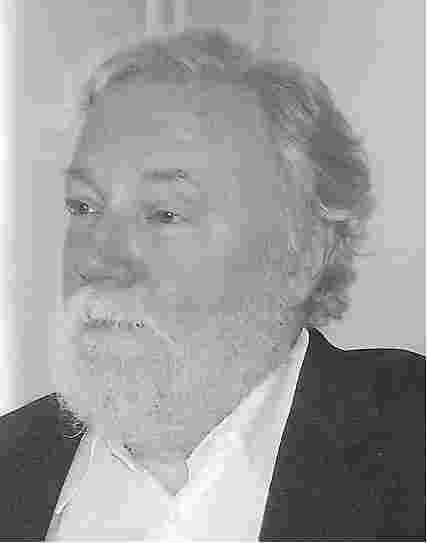
Photo Credit: B. v. Borries
July 27, 2020
The lecture discusses several aspects of East Germany's coming to terms with the past, including the focus on anti-fascist resistance against national socialism, and the inadequacies of Holocaust education in the GDR. It then describes what has changed since German reunification in 1990 and reflects current developments.
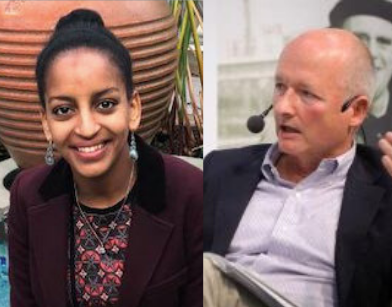
Photo Credit: R. Keleta, K. Linsenmeier
July 20, 2020
Ocean Viking, Open Arms, Sea-Watch, Lifeline - privately funded rescue ships in the Mediterranean are trying to save refugees. The rescue missions are becoming more and more difficult, with captain Carola Rackete arrested last year, and a number of ships seized by authorities over the last three years. Confronted with what is called “migrant crisis” or “refugee crisis,” we must ask: what are the real crises underneath? What are the conflicts that make people risk their lives trying to reach Europe, which hopes do they have?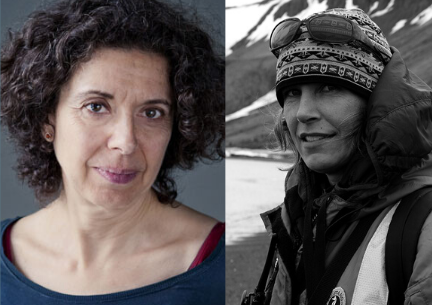
Photo Credit: Bettina Straub, Cotton Coulson
July 16, 2020
Berlin-based author Esther Dischereit, regarded a leading figure of second-generation German Jewish literature, and Elizabeth Bradfield, a naturalist and writer whose work appeared in THE NEW YORKER, talk about what it means to be a poet in today’s challenging world. Which role can and should literature play while our societies are facing seemingly insurmountable challenges?
Anna Seghers
July 13, 2020
Anna Seghers is one of the most important German women writers of the 20th century. Born Netty Reiling in Mainz in 1900, she won recognition as a writer under the pen name Seghers. The author's best-known work is the antifascist novel The Seventh Cross (completed in 1939) for which she received the Büchner-Prize in 1947.
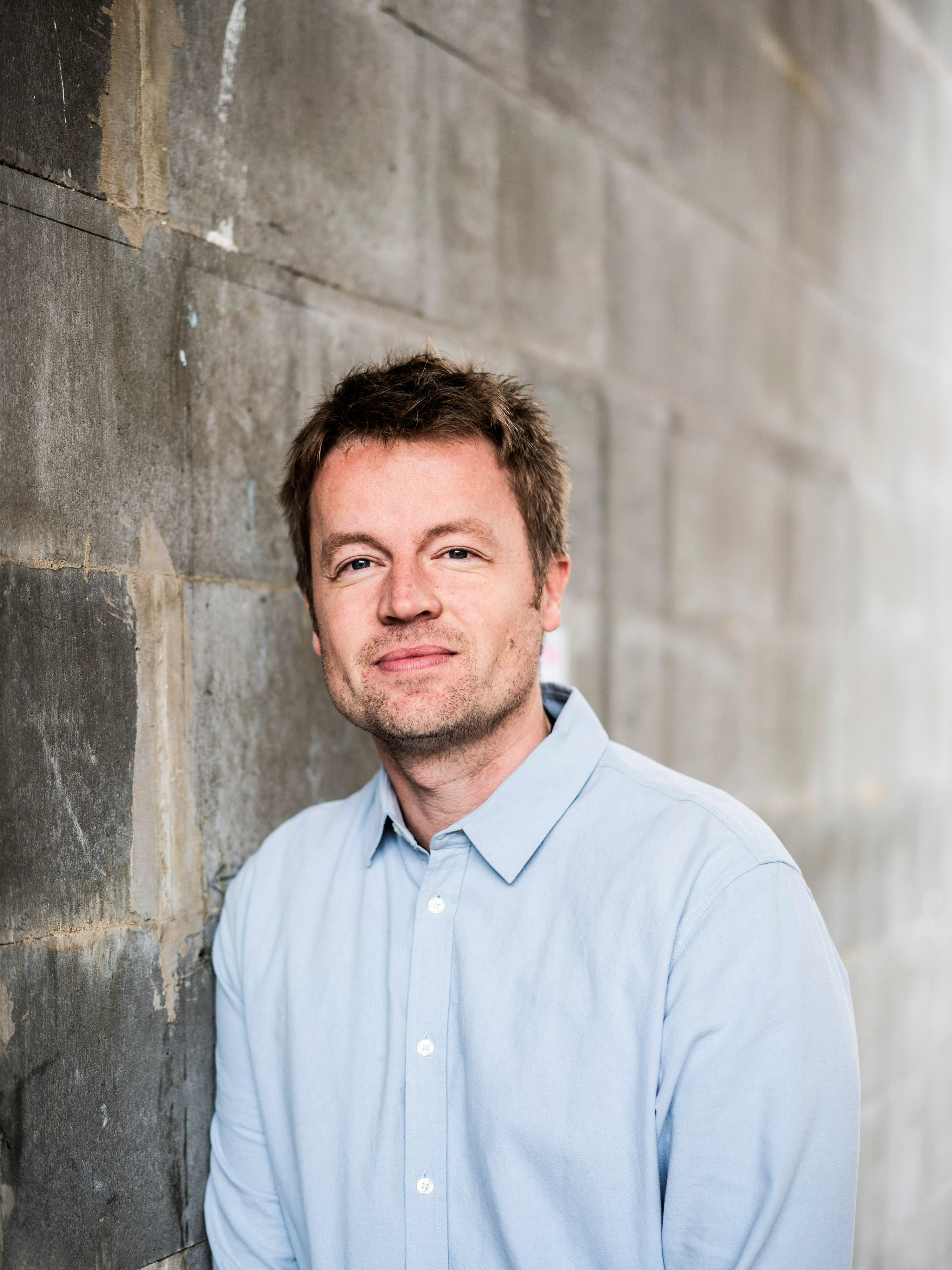
Photo Credit: R. Blaschke
June 29, 2020
European football (read: soccer) was hit hard by Covid-19. Almost all leagues were forced to take several months off and the weaknesses of a commercialized industry became apparent. Can this crisis really put an end to high player salaries and transfer fees? What could a socially acceptable professional football look like that takes not only health, but also climate protection and education of its talents seriously? A debate about social policy in and through football.
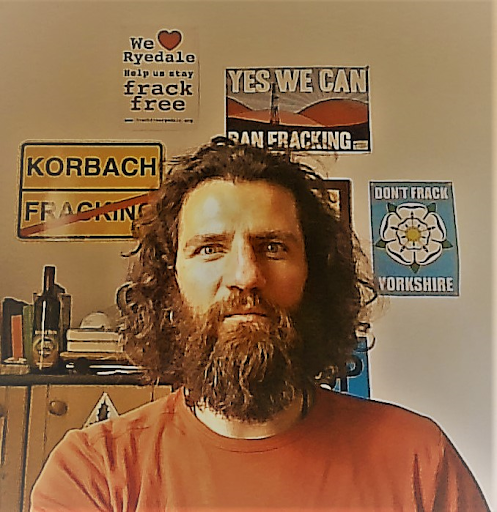
Photo Credit: A. Gheorghiu
June 22, 2020
Germany is considered a pioneer in the much-needed clean energy transition as it took early steps toward the so-called “Energiewende” with the goal of a decentralized climate-friendly energy system based on renewables and energy efficiency. However, the transition may have proved too successful and is now facing heavy pushback by the fossil fuel lobby that sees its old power patterns threatened.
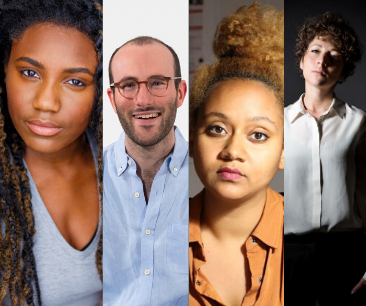
Photo Credit: I. Roach, Olivella Small, R. Ajnwojner, Esra Rothoff
June 18, 2020
In Cooperation with the Goethe-Institut Boston
"I think all poets—and I’m a kind of poet—are caught in a situation, which is a kind of pre-revolutionary situation; they have a very difficult role to play. (…) My own effort is to try to bear witness to something that will have to be there when the storm is over, to help us get through the next storm. Storms are always coming."
James Baldwin
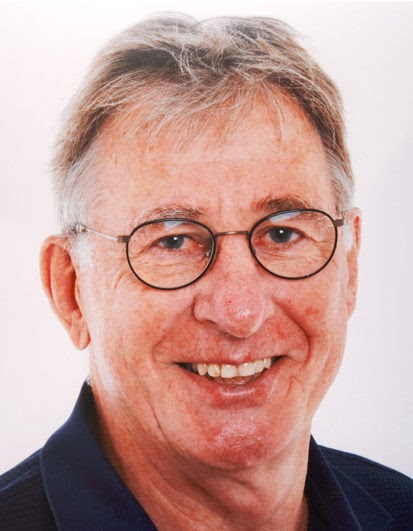
Photo Credit: J. Kersten
June 15, 2020
“Defund Police!” is one of the demands of the Black Lives Matter Movement in the wake of the brutal murder of George Floyd and the many other victims of police brutality in the US. This webinar takes a look at how police are trained, equipped, and funded in Germany where the number of victims of police shootings is small.
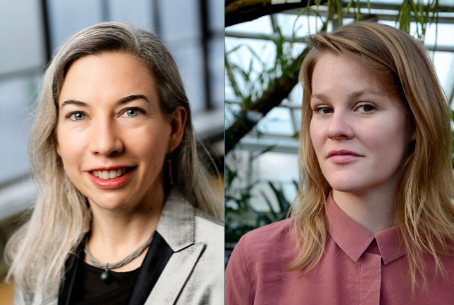
Photo Credit: Rosanna Graf, E. Otto
June 11, 2020
In Cooperation with the Goethe-Institut Boston
A novel about one female Bauhaus student by Theresia Enzensberger, and a non-fiction account of 45 Bauhaus women unjustifiably forgotten by Elizabeth Otto: this conversation combines an author’s and a researcher’s take on the famous art school in Weimar, Germany that celebrated its 100th anniversary last year.
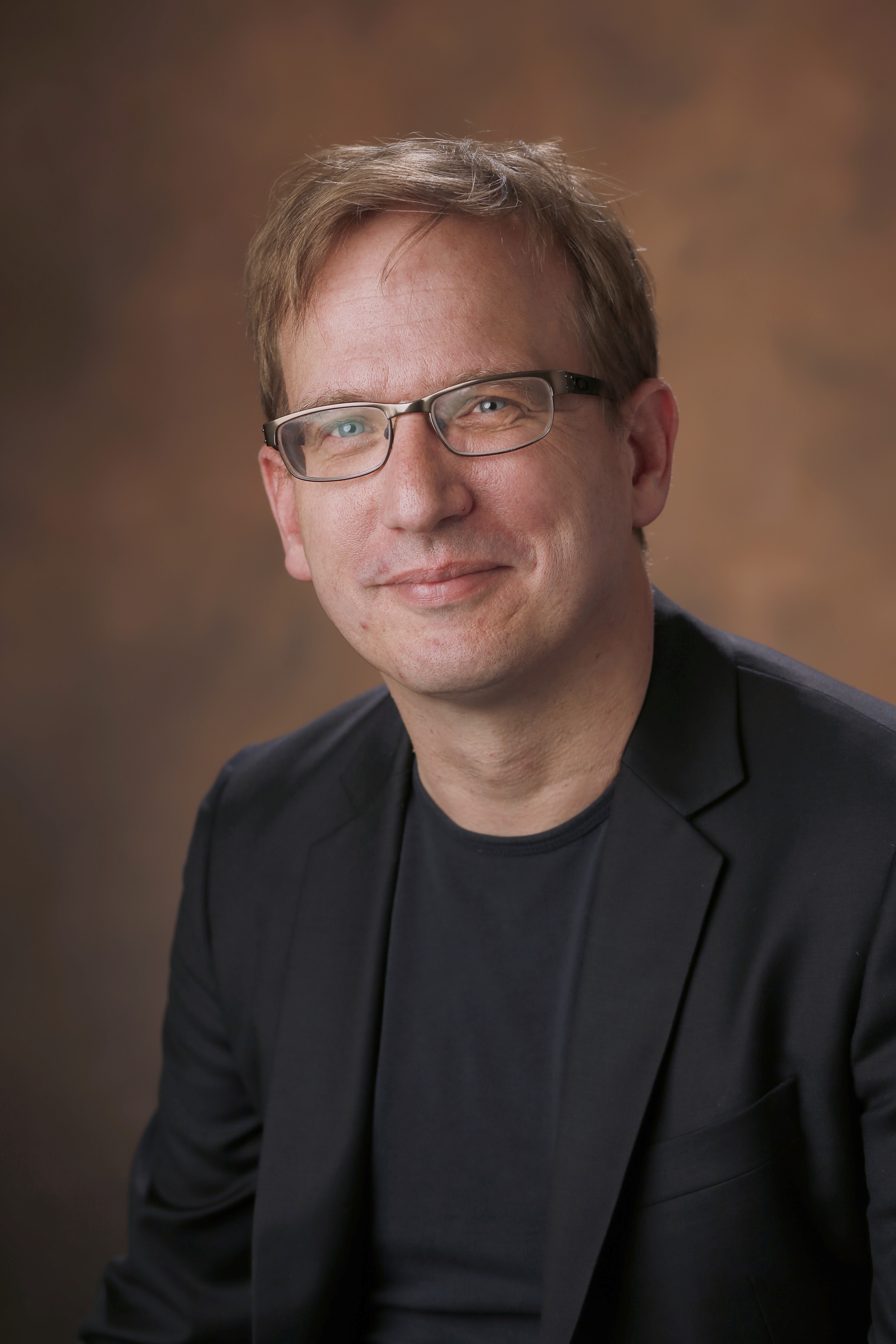
Photo Credit: T. Lütjen
June 8, 2020
For much of the 20th century, the United States, with its moderate political culture, was the antithesis to ideologically fractured Europe. Today, however, it is America that has become the epicenter of a new global wave of political polarization. From a uniquely European perspective, Torben Lütjen wonders what has happened to the promised land of pragmatism.
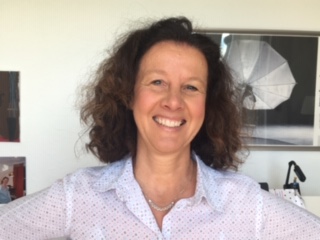
Photo Credit: A. Eickelberg
June 4, 2020
In Cooperation with the Goethe-Institut Boston
After a skiing vacation in Austria, Antonie Eickelberg had to spend 14 days in quarantine. The journalist then returned to a heavily modified newsroom where special work shift models, spatial changes and strict hygiene measures have so far successfully prevented Covid-19 infections. She now experiences the changes caused by the pandemic in her private and professional life. The return to normality in Germany is still a long way off.
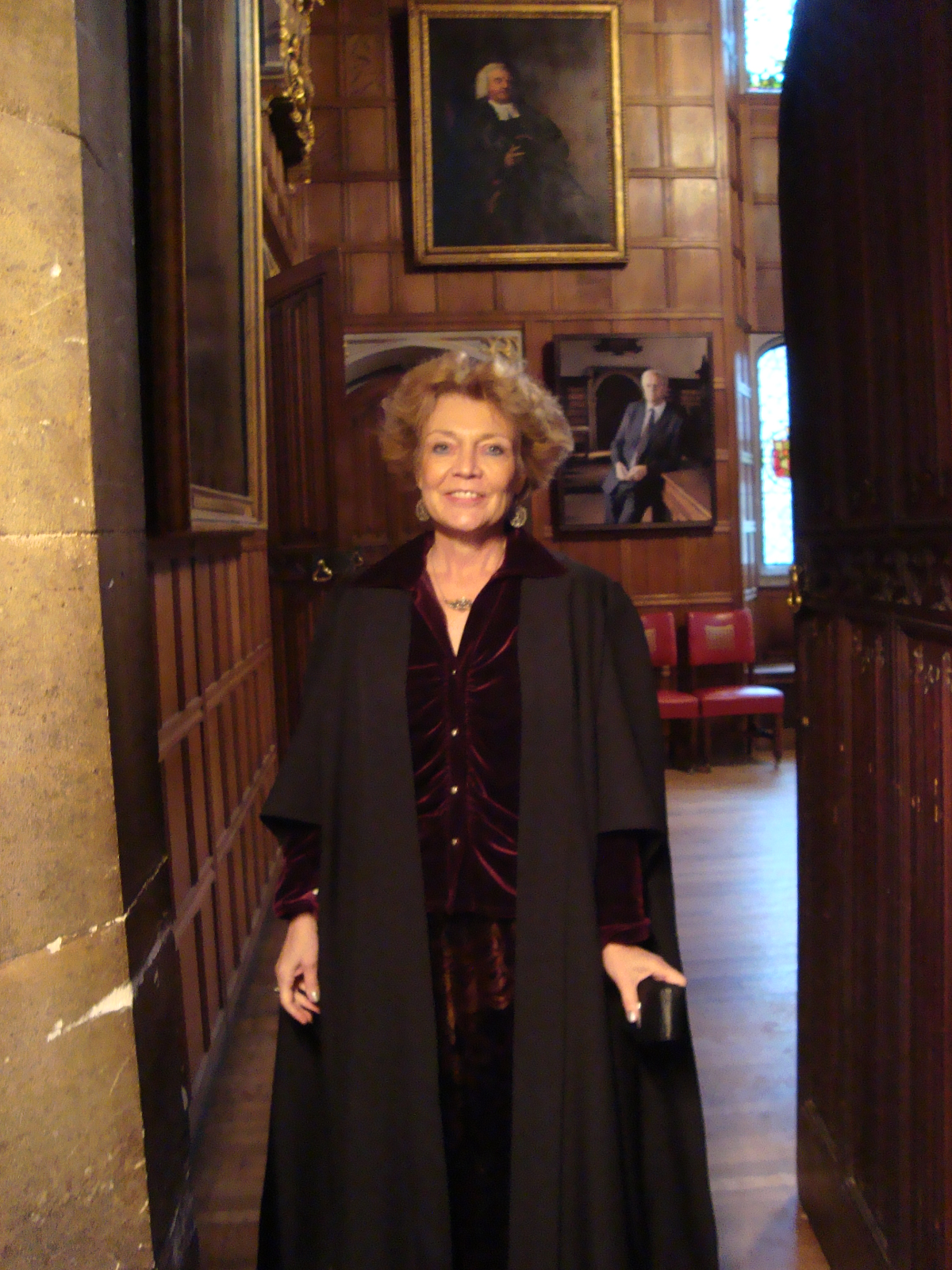
Photo Credit: J. Mushaben
June 2, 2020
Having served in all four Merkel cabinets, Ursula von der Leyen often faced major opposition within her own party (CDU/CSU). Though she refuses to label herself a feminist, von der Leyen became the driving force behind many policies that have fundamentally transformed the German gender regime since 2005. Presuming that past performance is the best predictor of future actions, this talk reviews von der Leyen’s extensive record on equality policies in Germany, then addresses the conundrum posed by the great expectations her appointment has raised at the EU level.
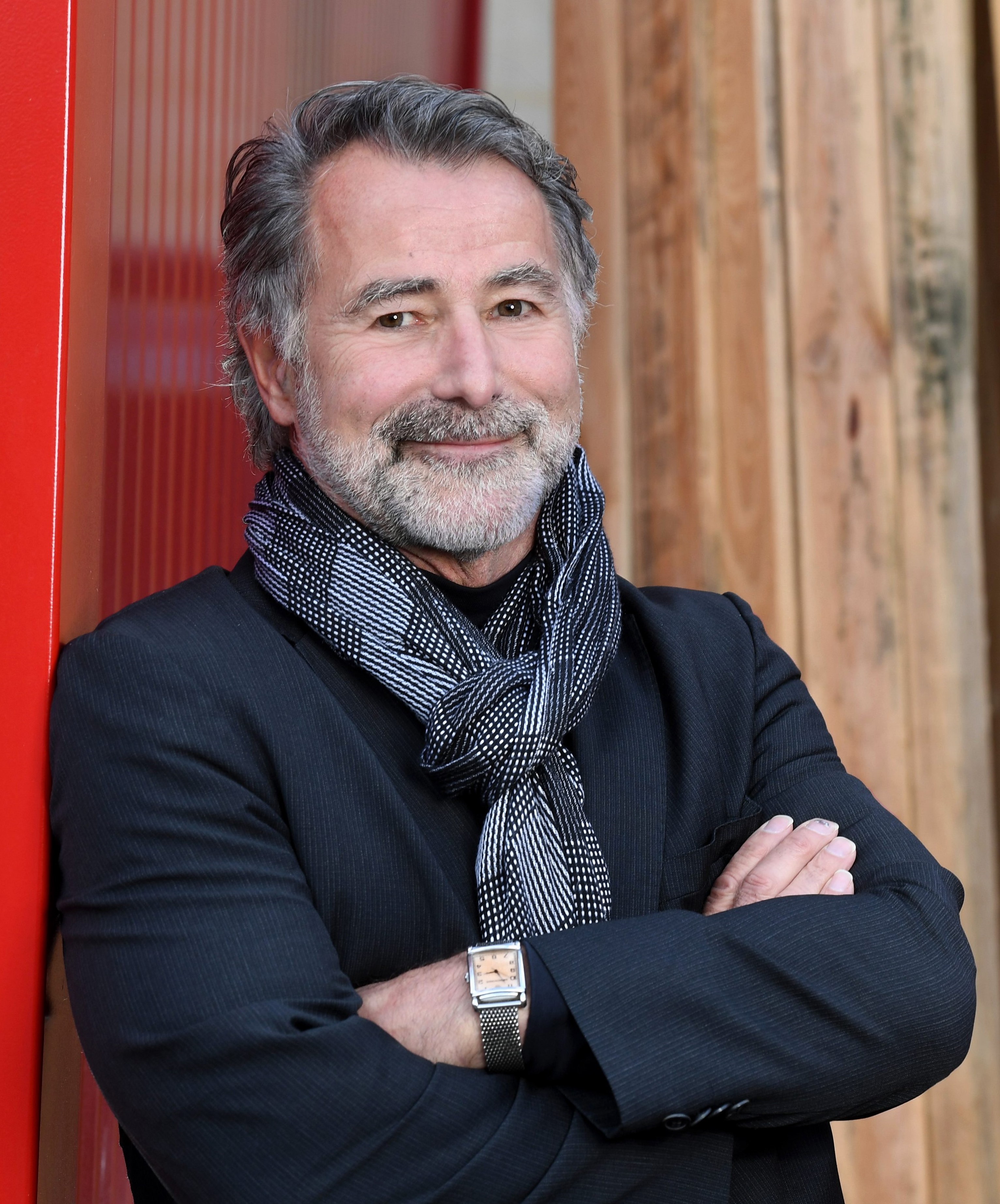
Photo Credit: W. Merkel
May 18, 2020
Around the world, drastic emergency measures are in place to control and limit the spread of Covid-19. Democratic societies have accepted the new ’normal’ of restricted freedom and mutilated human rights. How does Covid-19 challenge democracy? Why is there so little resistance? When does the end justify the means? And does political opposition still have a role to play during a global health crisis?
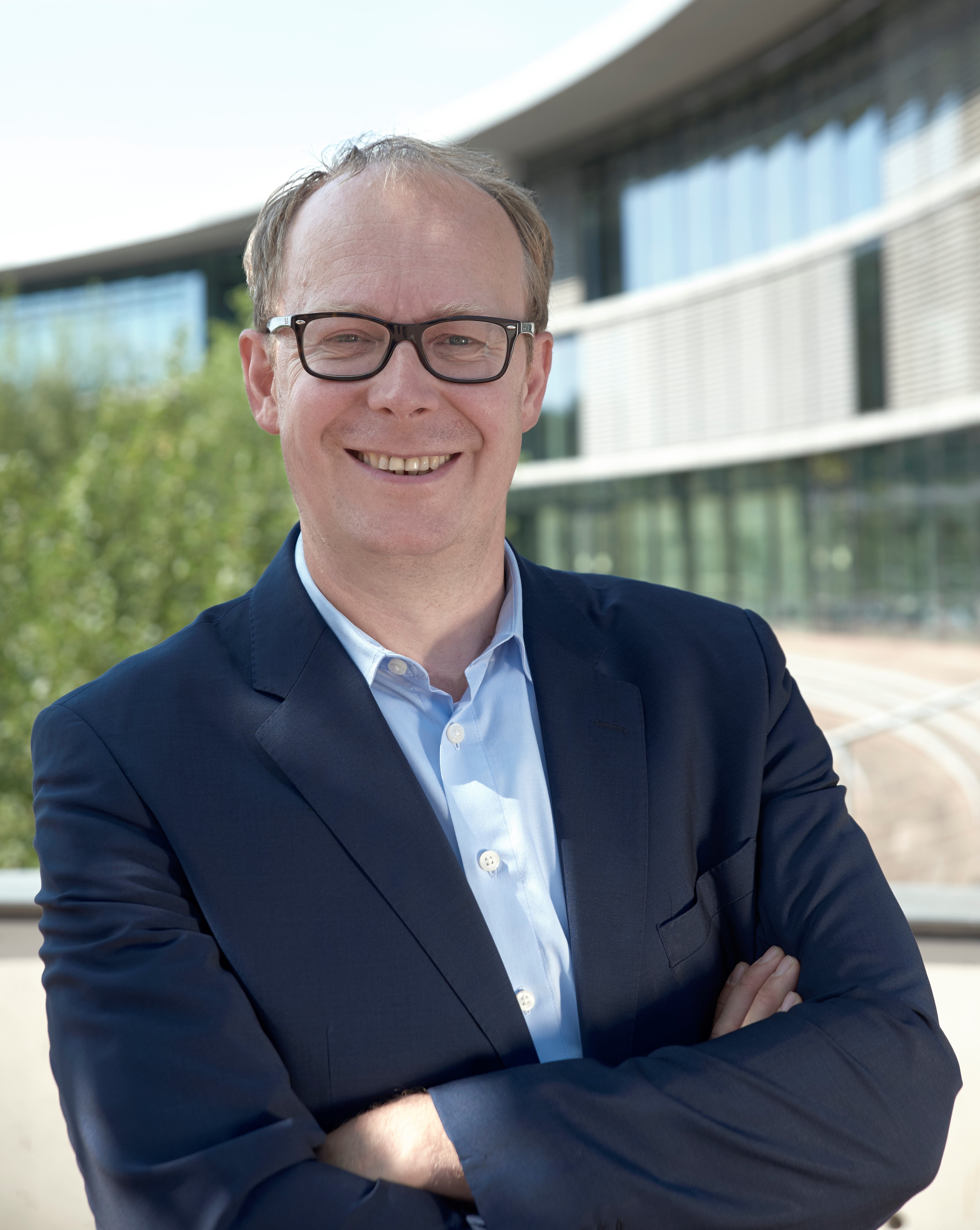
Photo Credit: J. Haucap
May 11, 2020
Germany is Europe's largest and the fifth largest economy in the world. To weather the storm of Covid19, the German government has made financial resources available to small and large companies as well as the self-employed. What exactly is being done, and how? Is Germany's economy more resilient than other economies? If so, why? And will the German economy be able to find a "climate-friendly" way out of the Coronavirus, as Chancellor Angela Merkel urged in the Petersberg Dialogue?
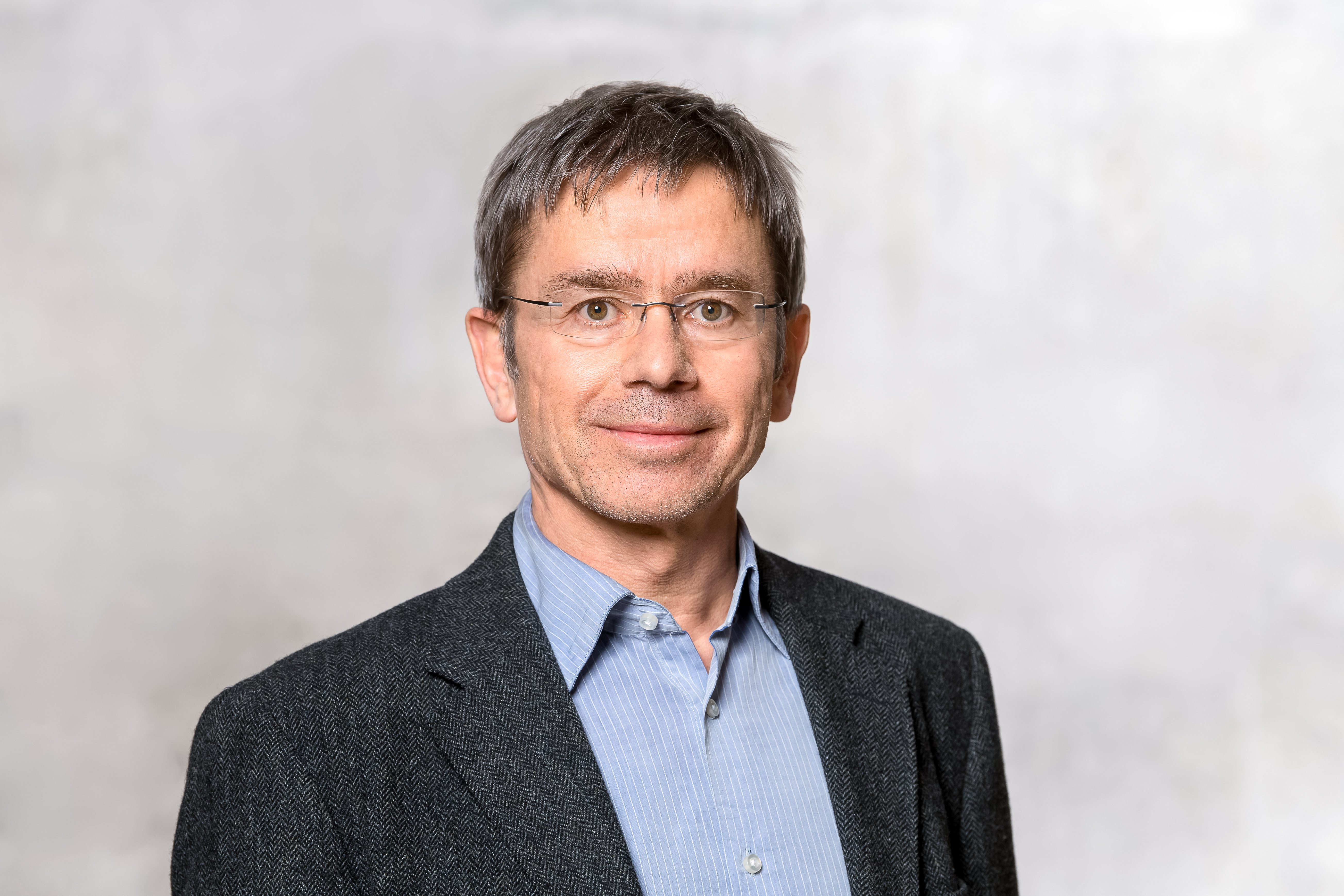
Photo Credit: Astrid Eckert
May 4, 2020
The webinar will discuss some of the current ‘hot topics’ in climate research. How and to what extent are recent extreme events like wild fires, flash floods and tropical cyclones affected by human-caused climate change? Is the Jet Stream going ‘weird’? Has the Gulf Stream System slowed down? Have critical tipping points already been passed in the climate system?
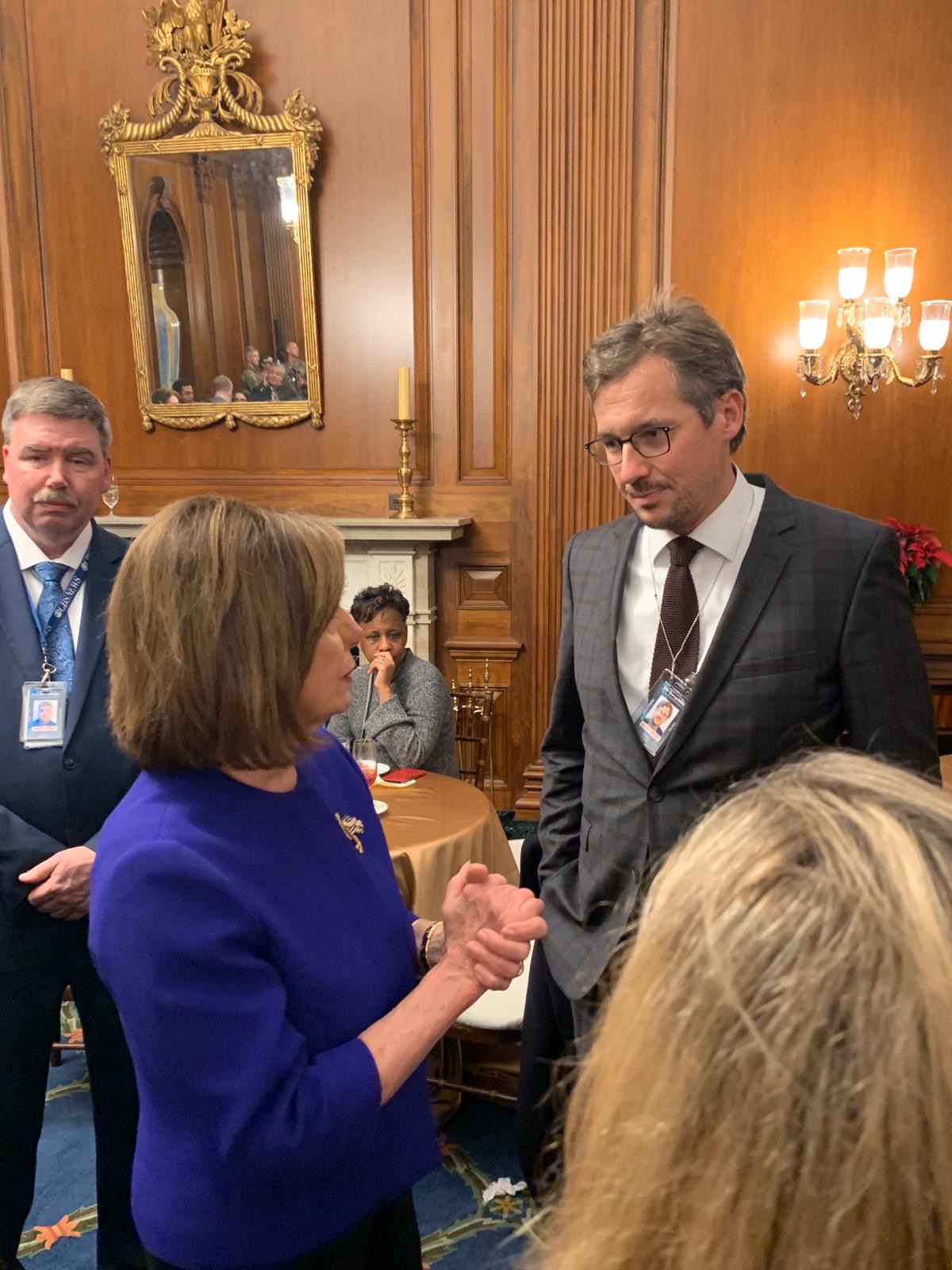
Photo Credit: D. Sturm
April 20, 2020
How does a German correspondent look at the USA - and how does he present this huge country to his readers? What does his daily work look like? How does this work differ from the previous years of reporting on Germany from Berlin? And above all: how do you succeed in transporting topics beyond Donald Trump?
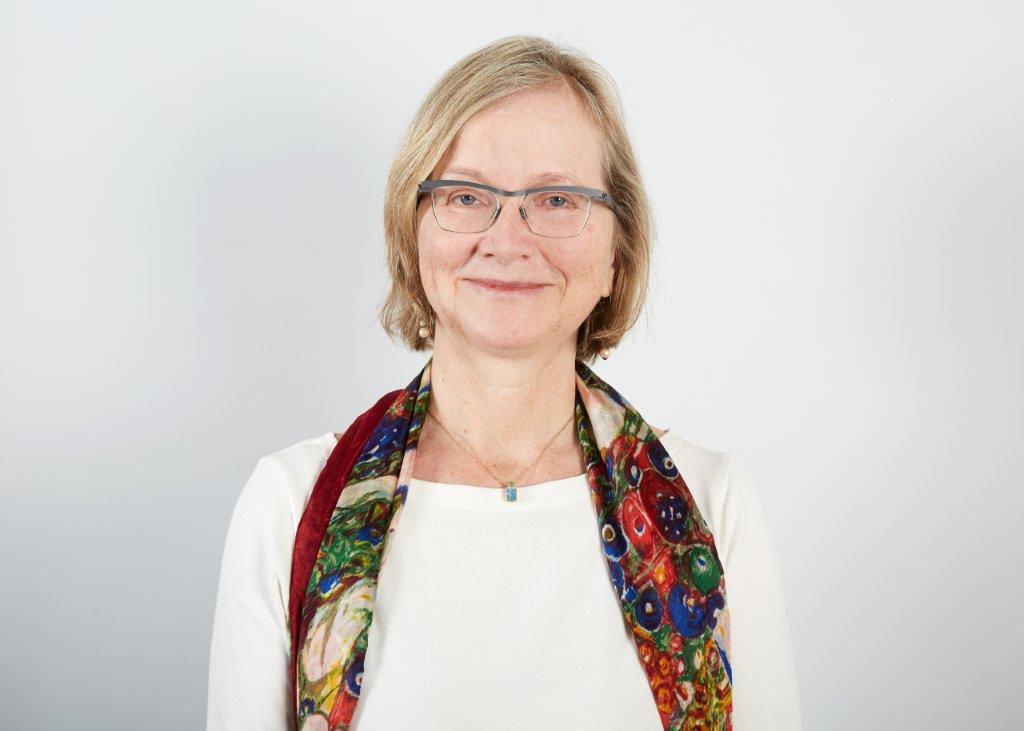
Photo Credit: S. Schlette
April 13, 2020
Health expert Sophia Schlette will provide an overview about the policy responses, containment and mitigation measures taken in Germany to stop the Coronavirus from spreading since the first patient was diagnosed with Covid-19 in late January. The webinar takes a look at state level responses versus central level responses in a situation where still many unknowns exist.